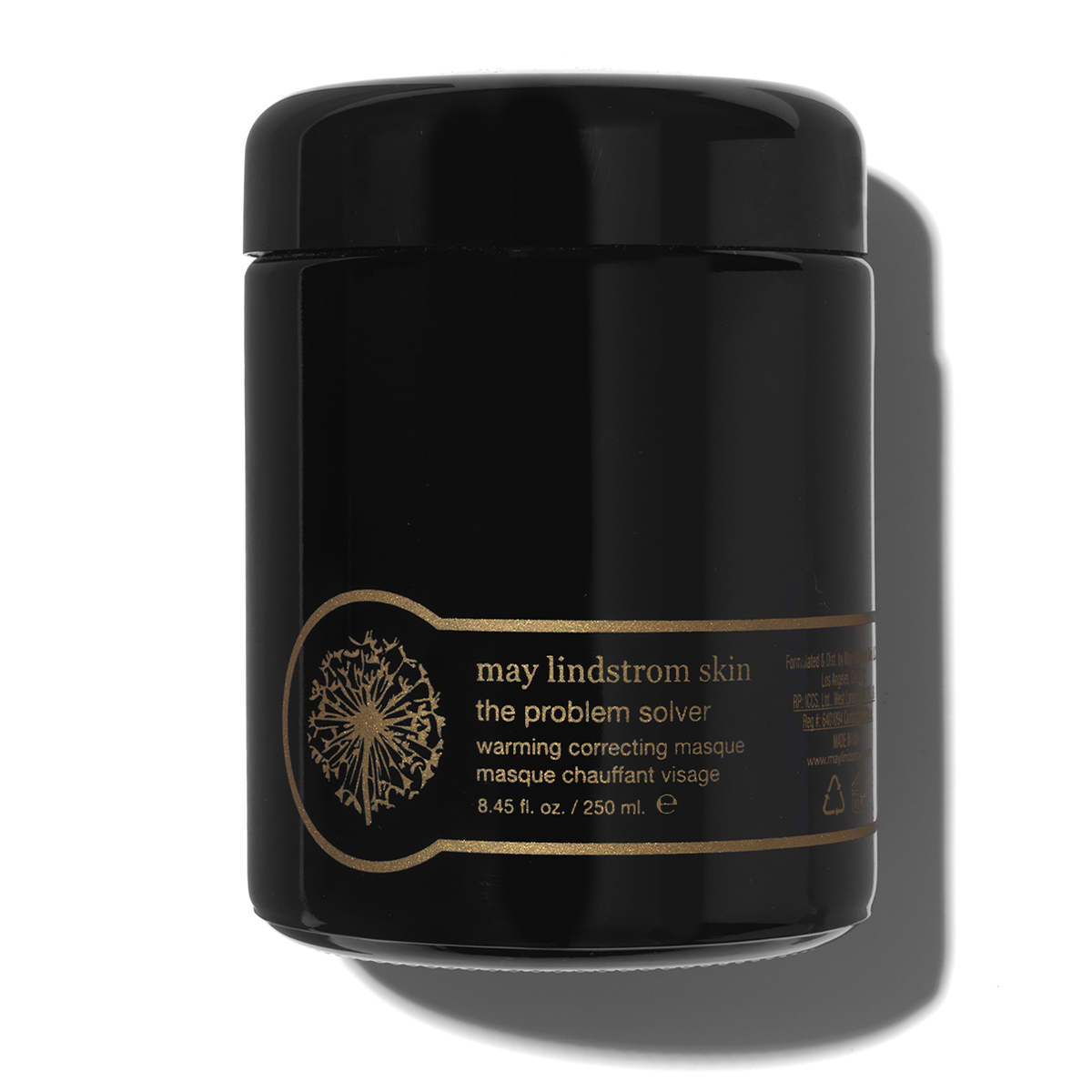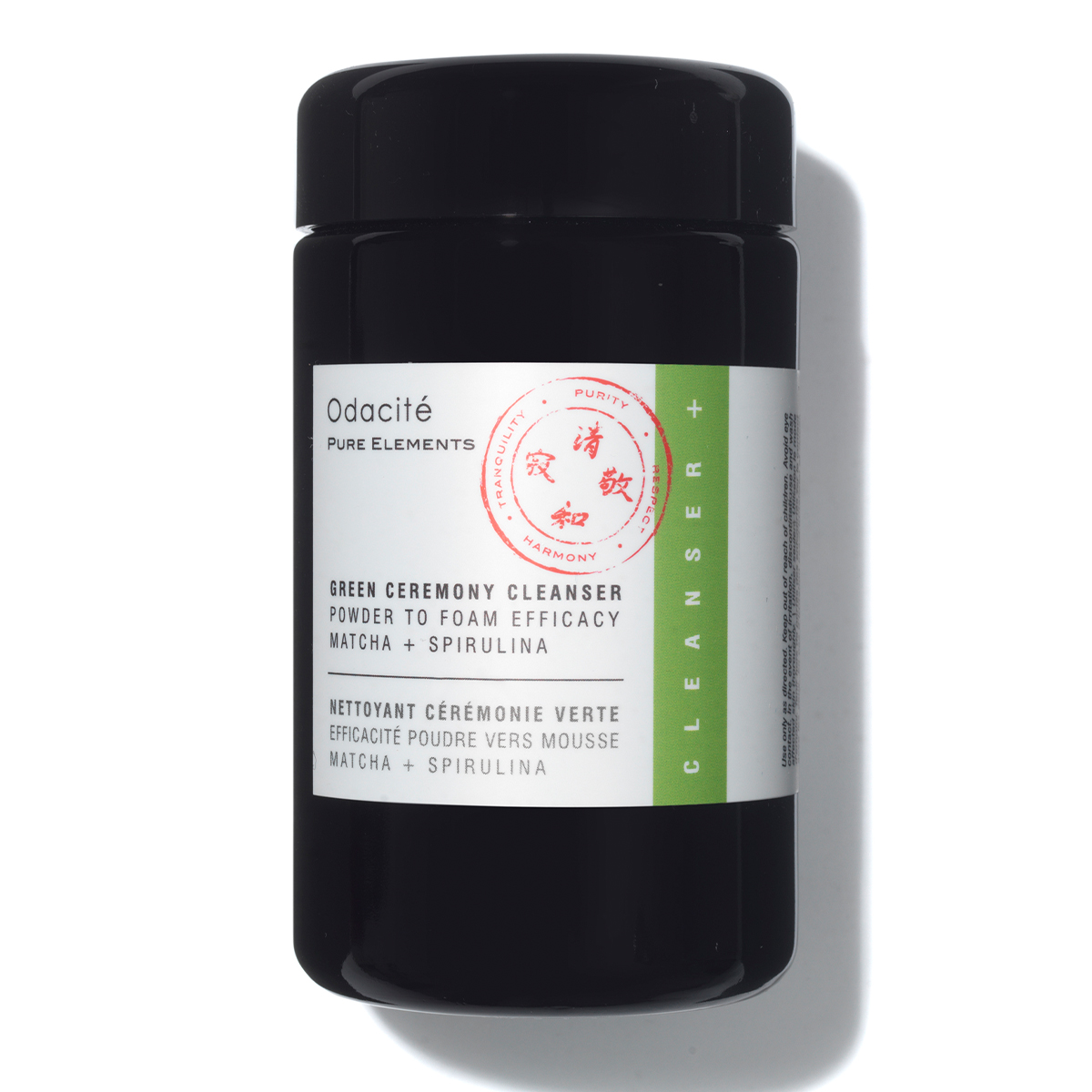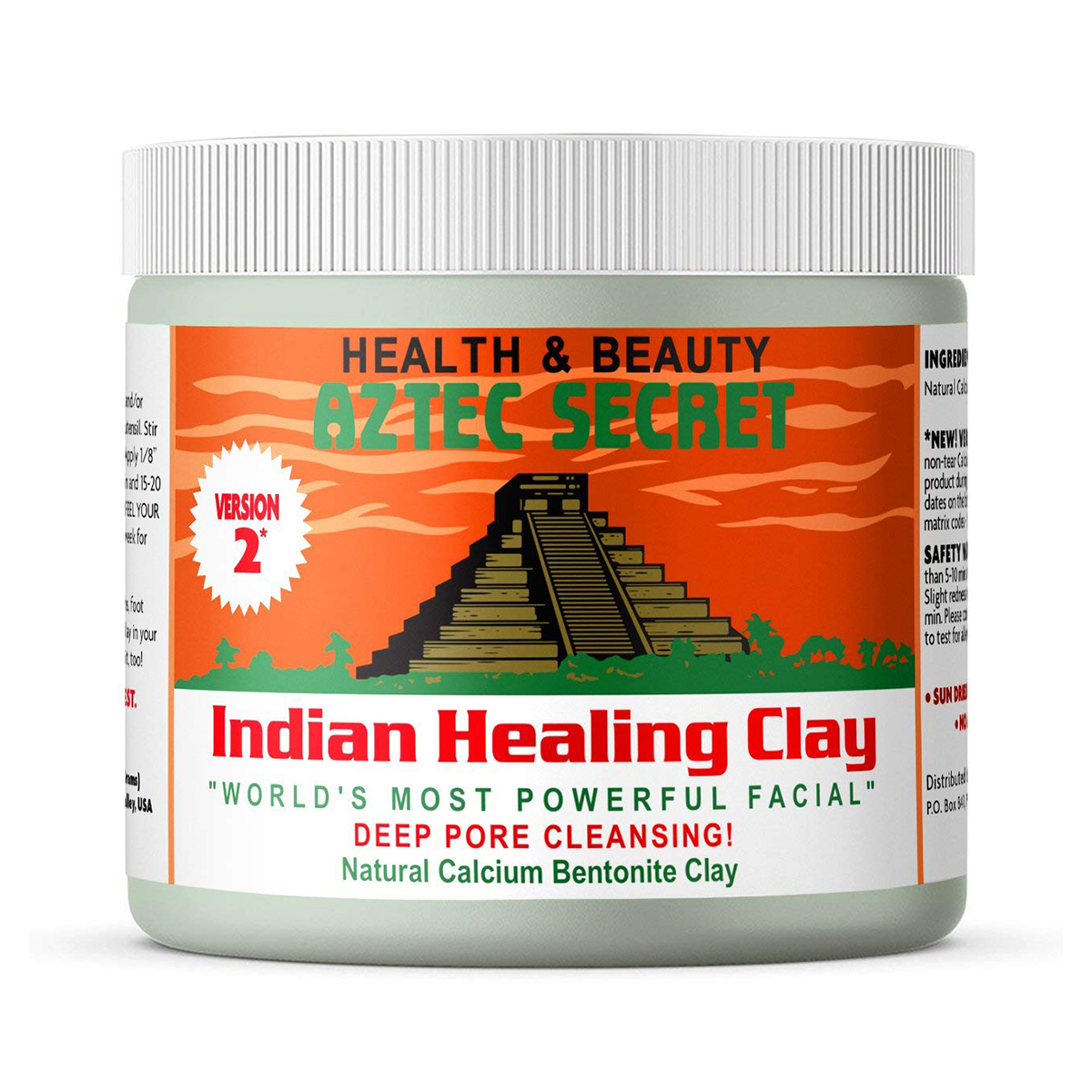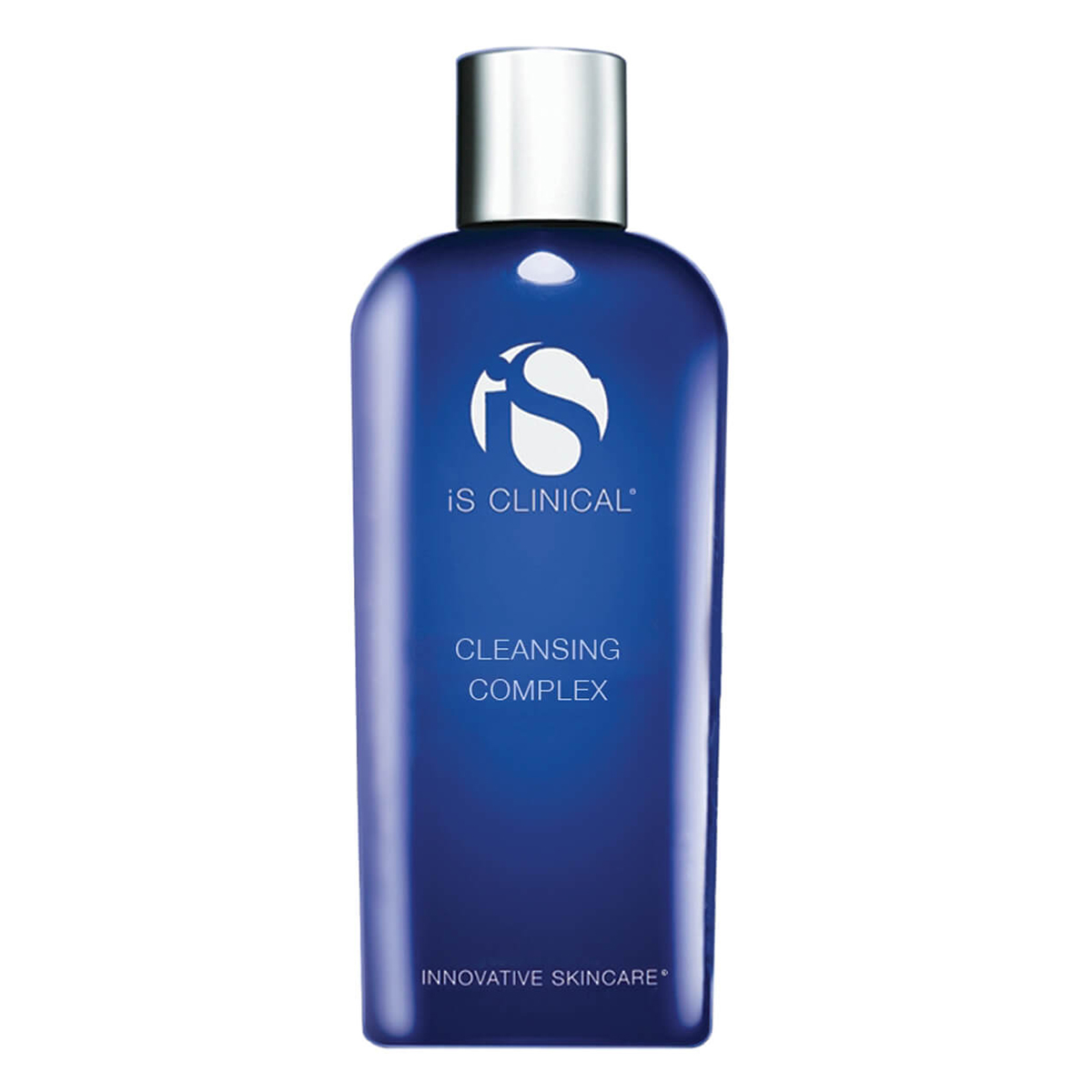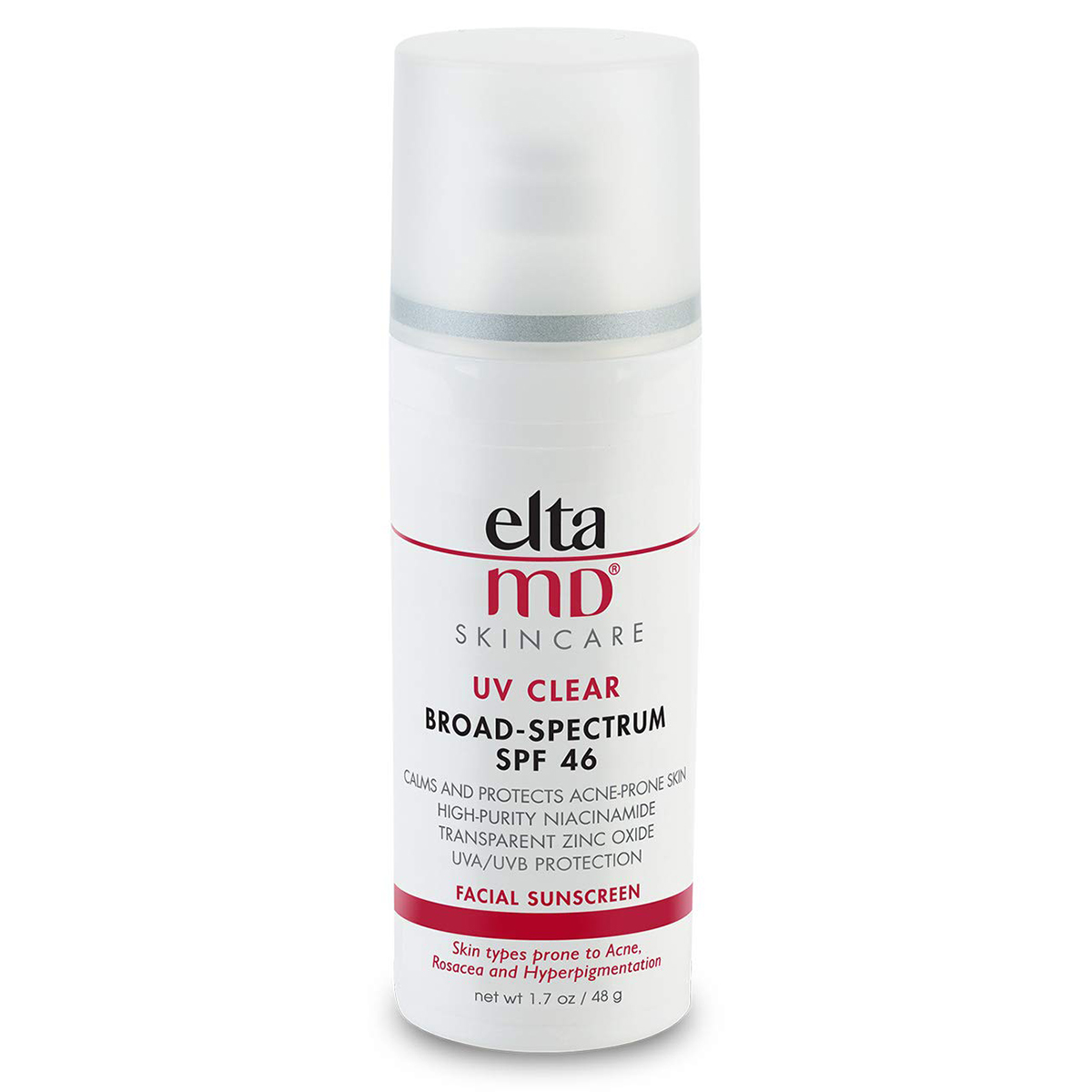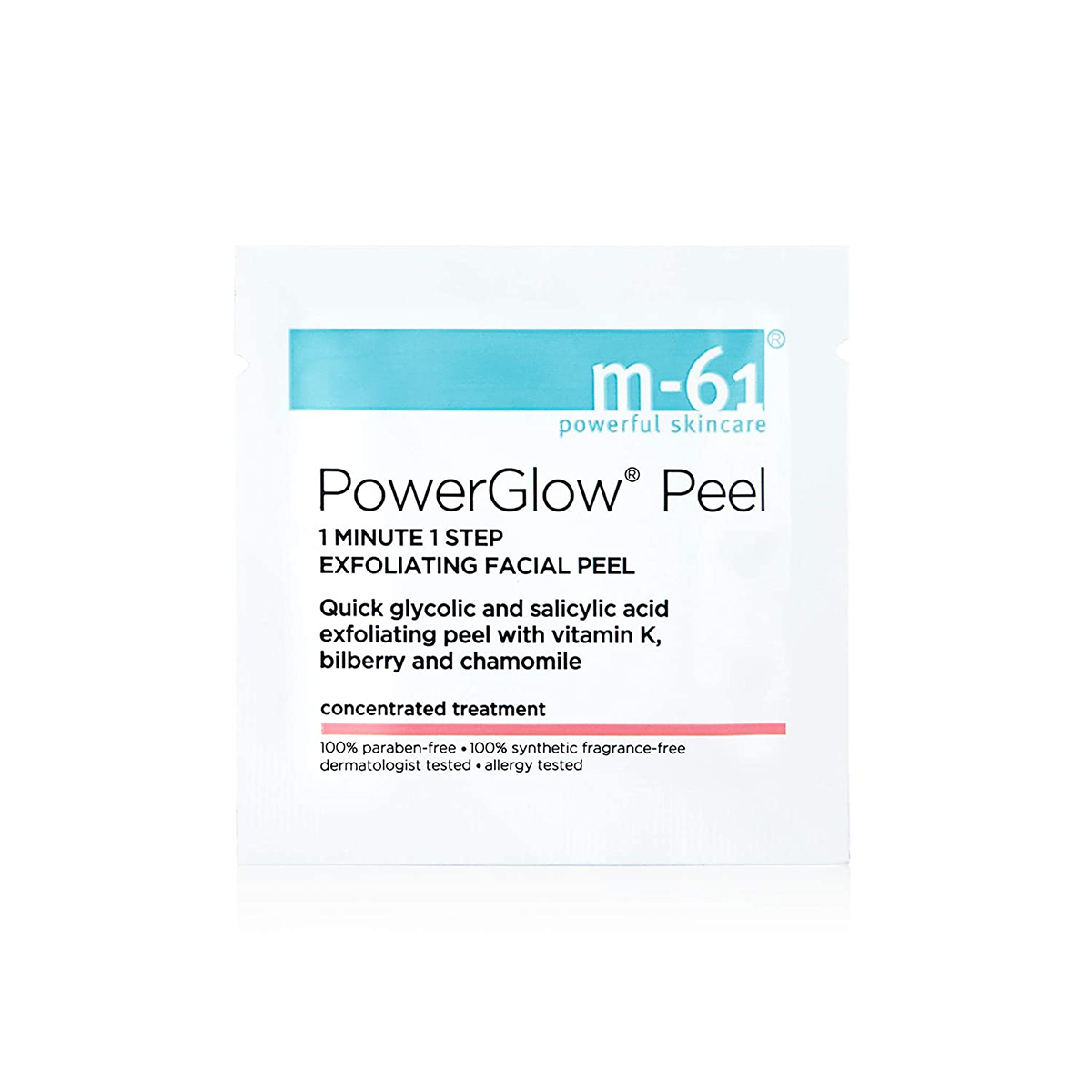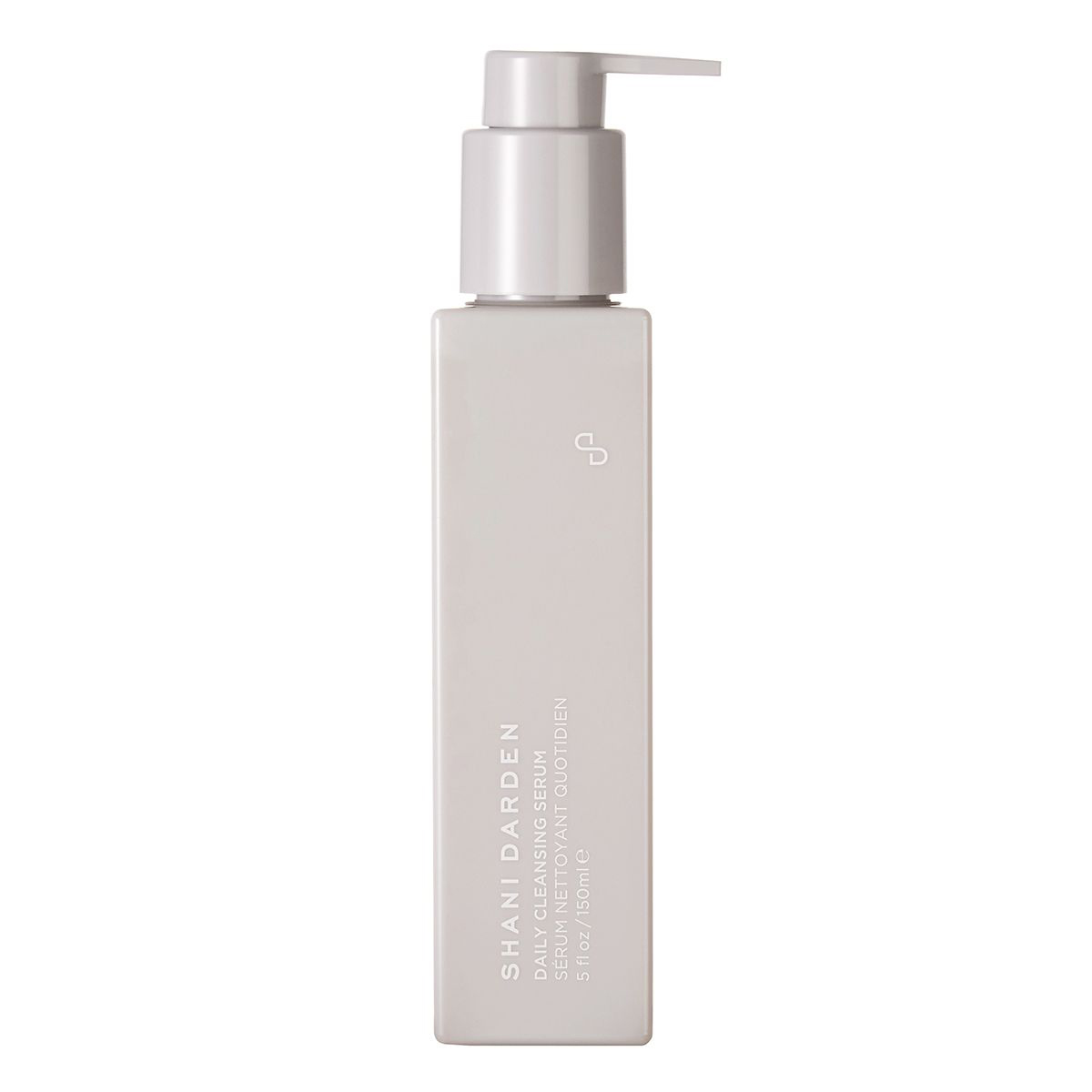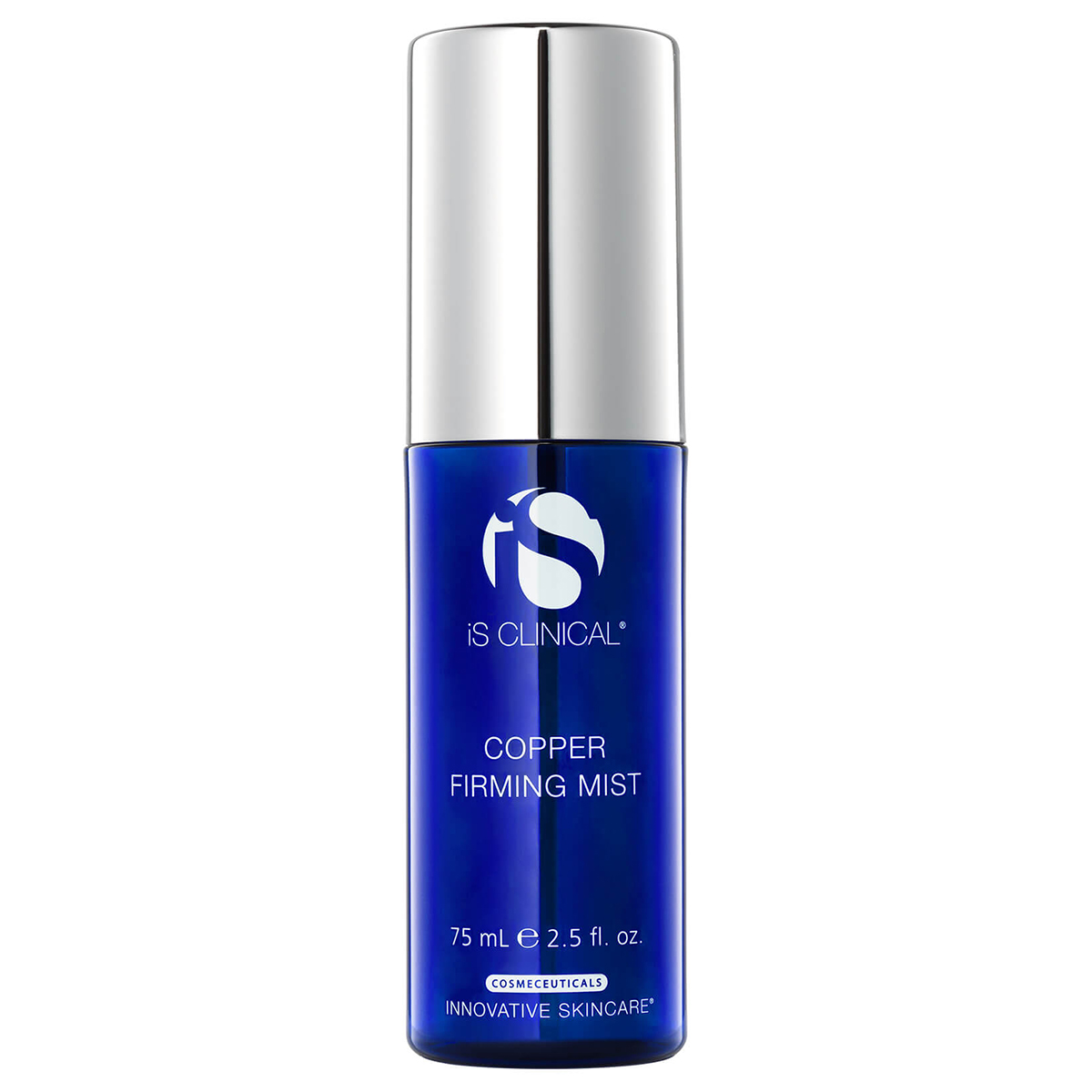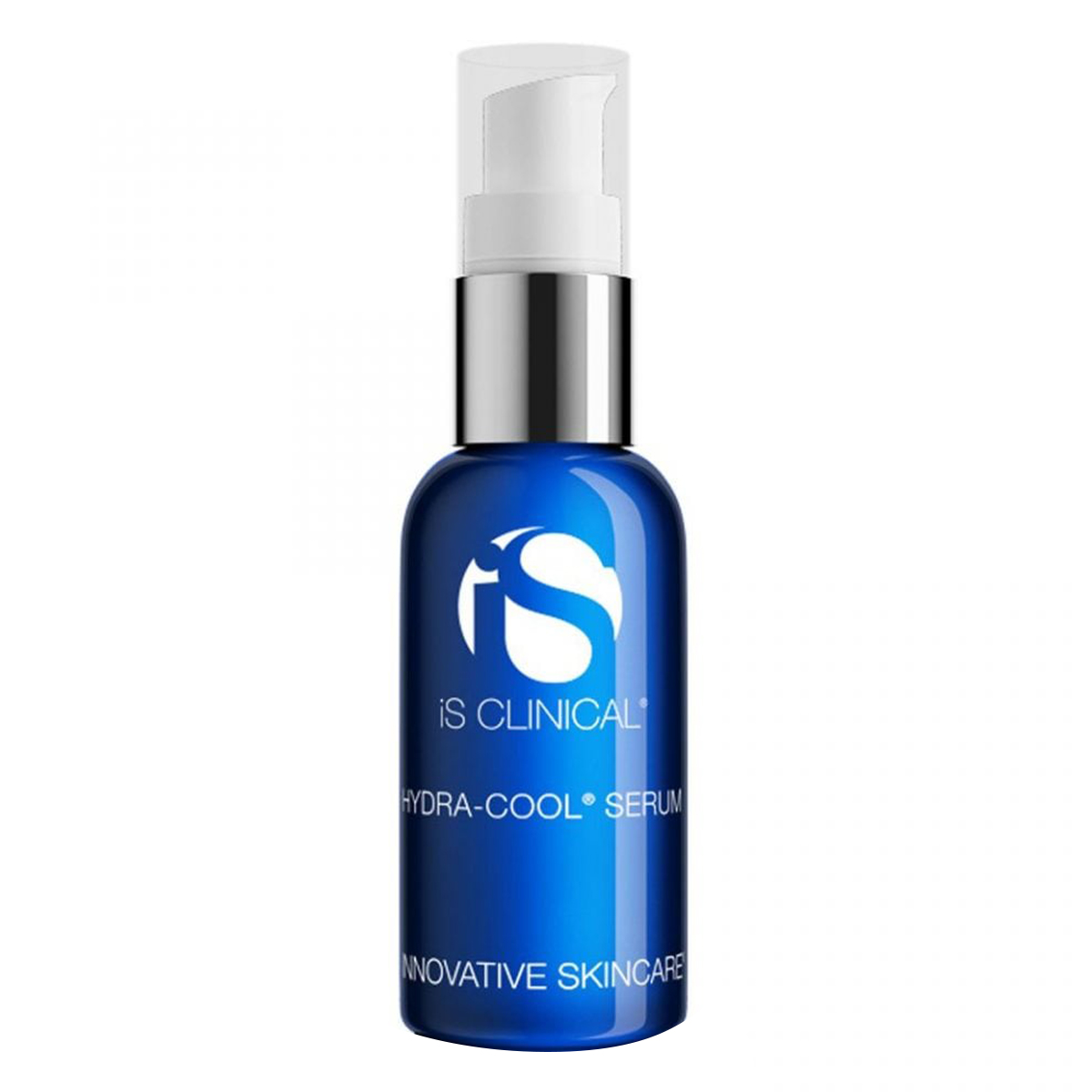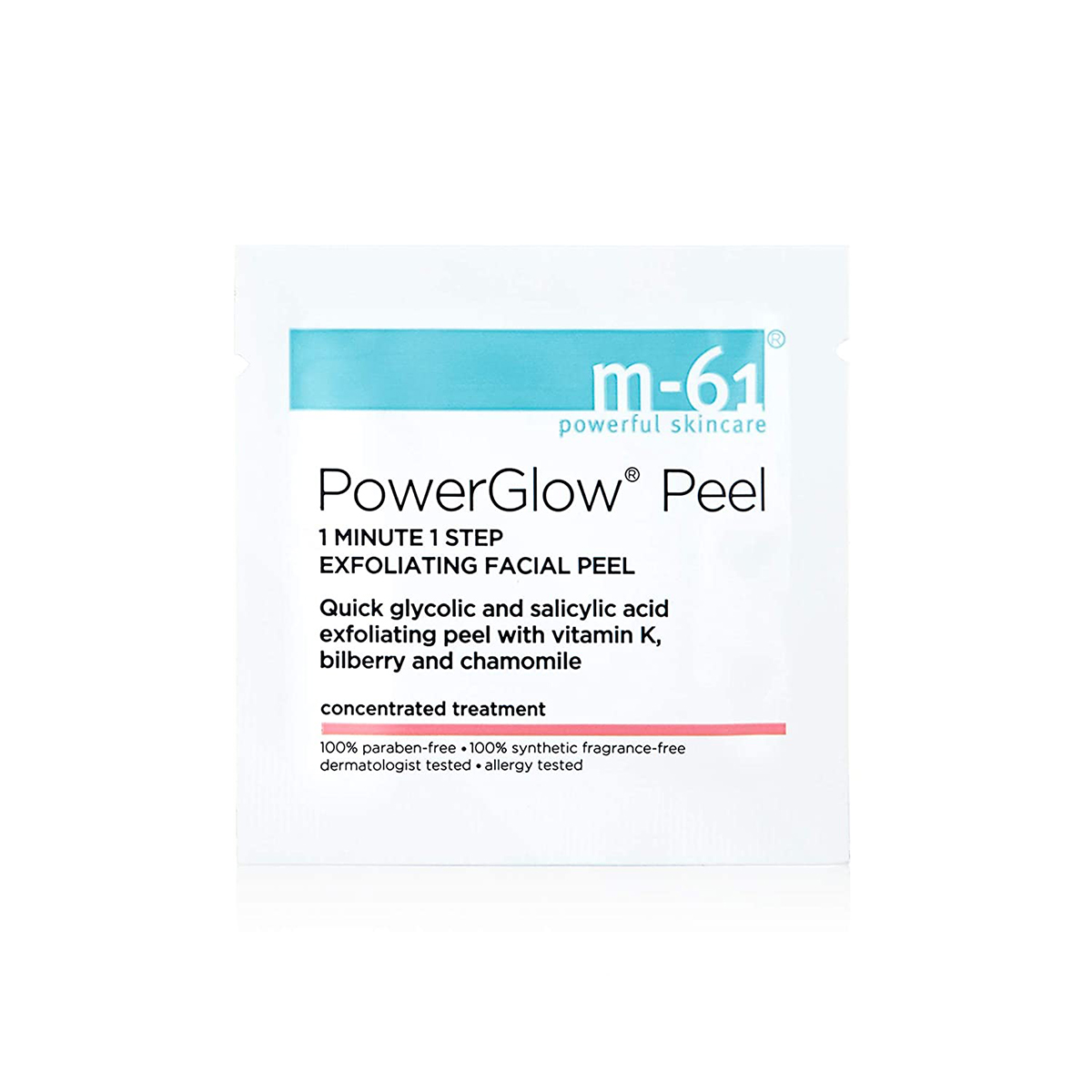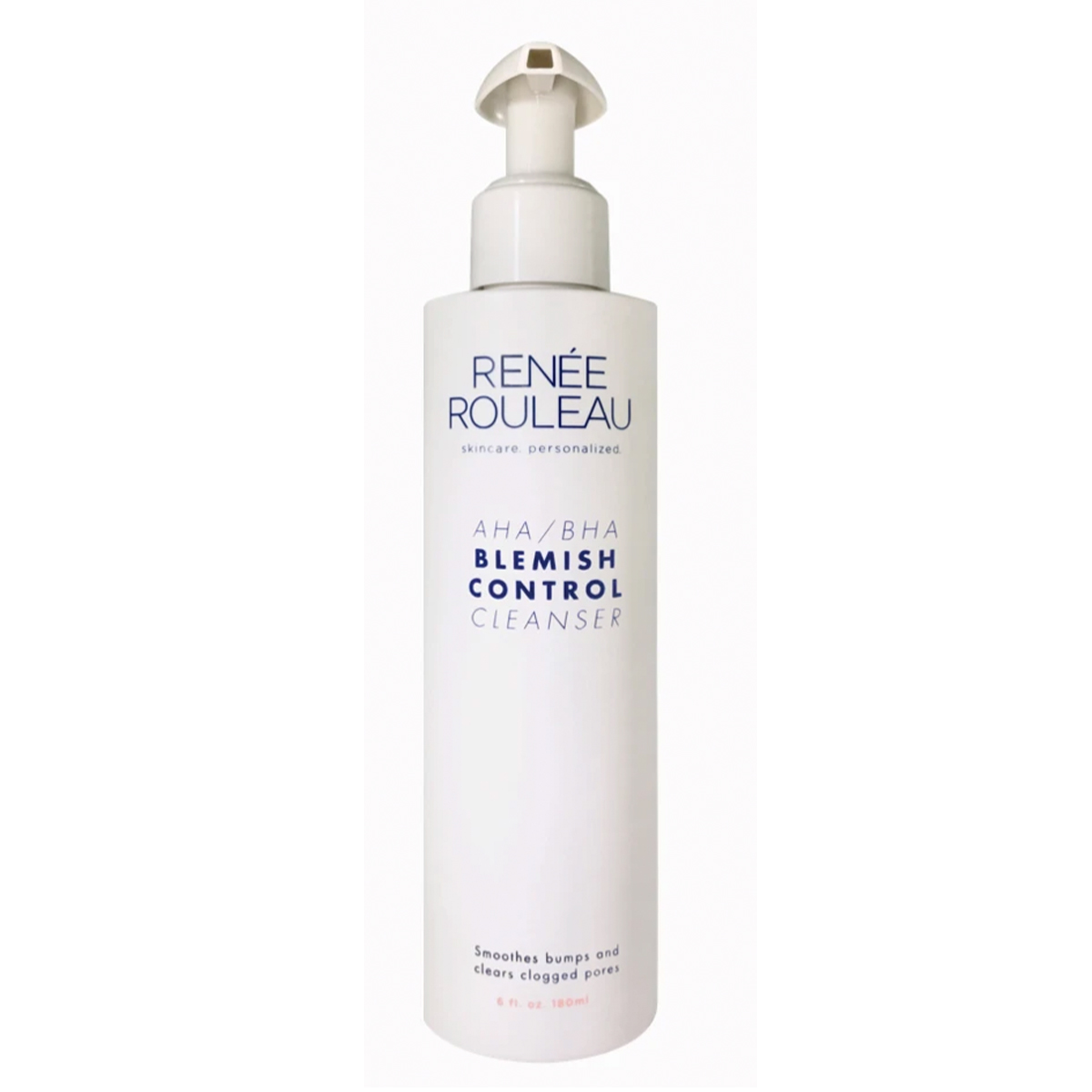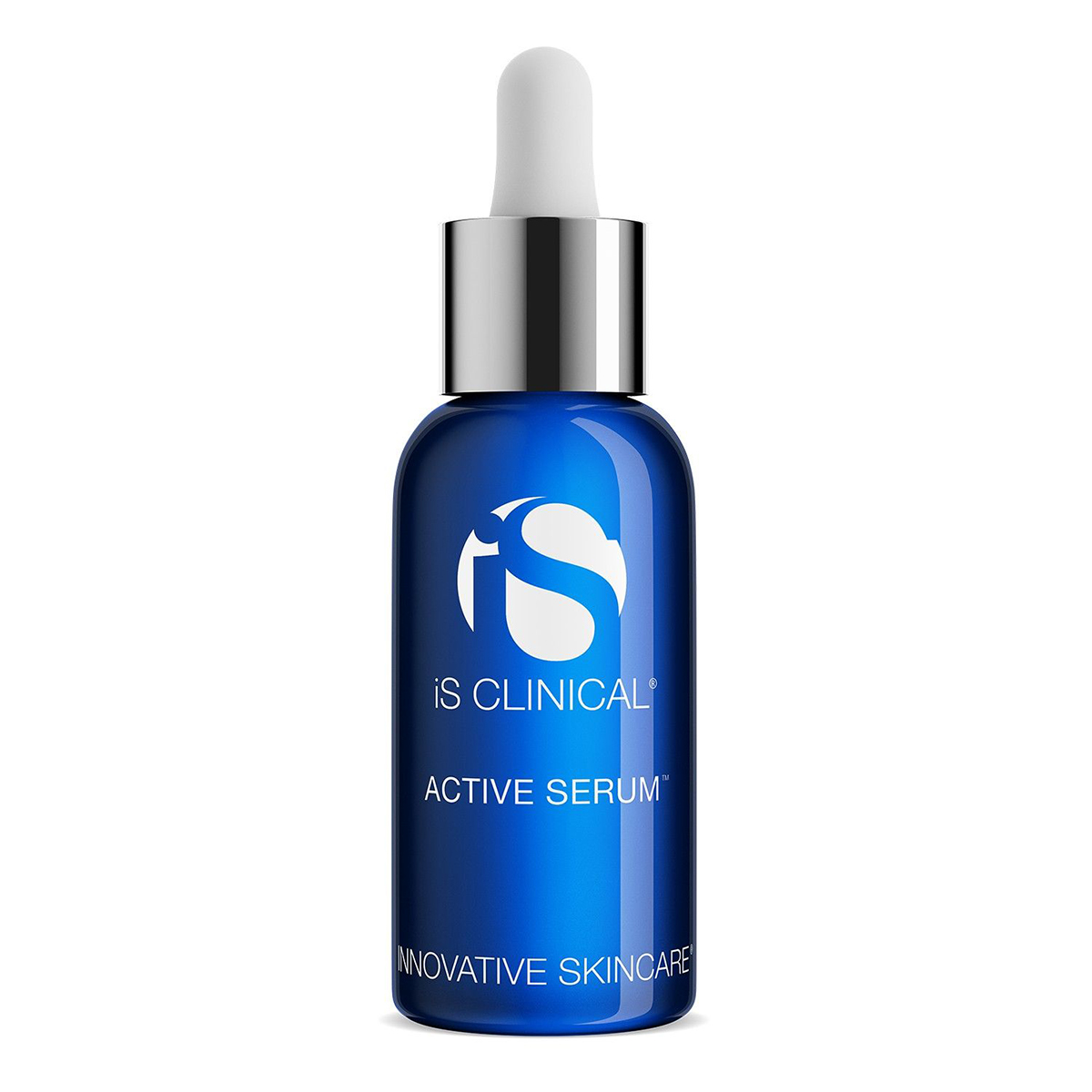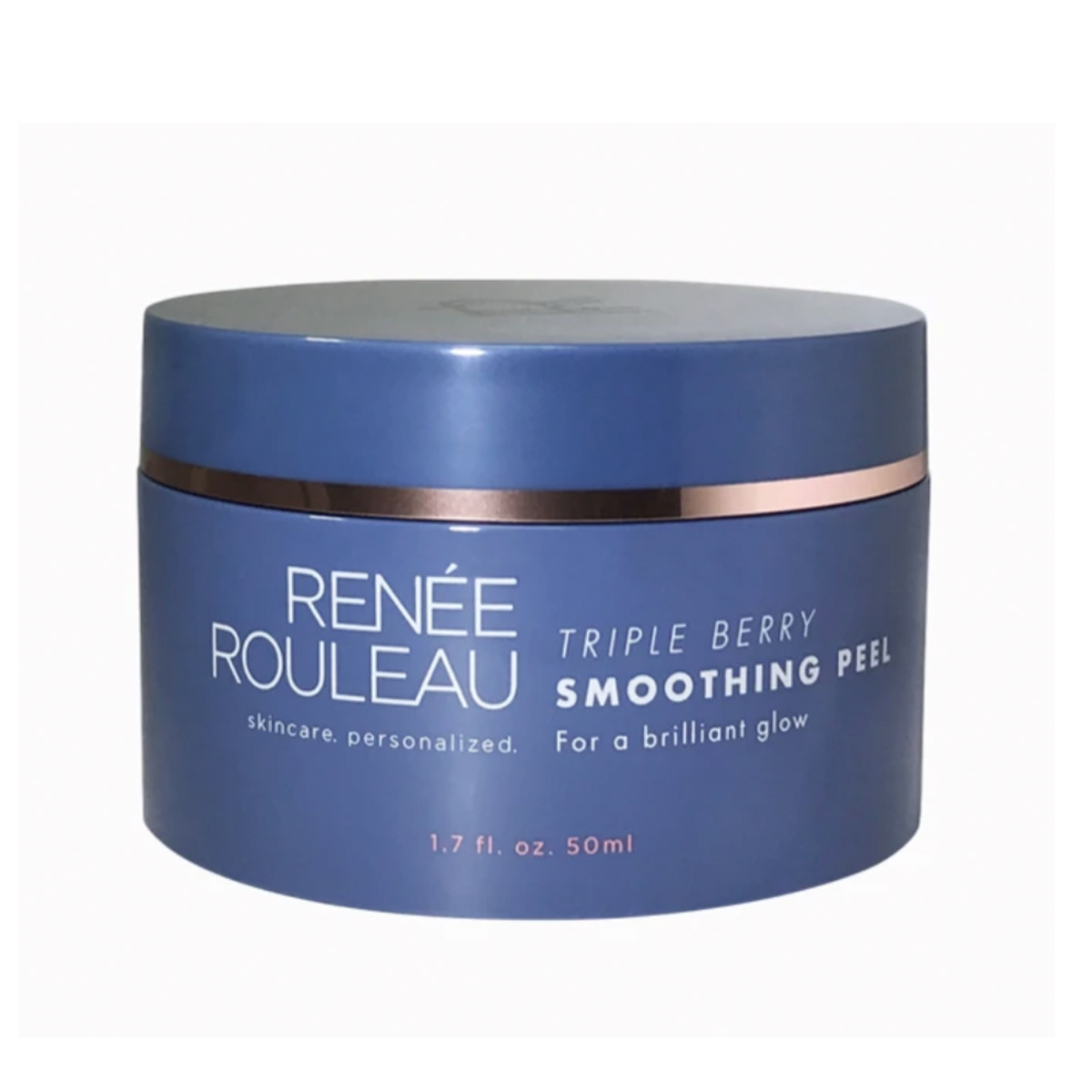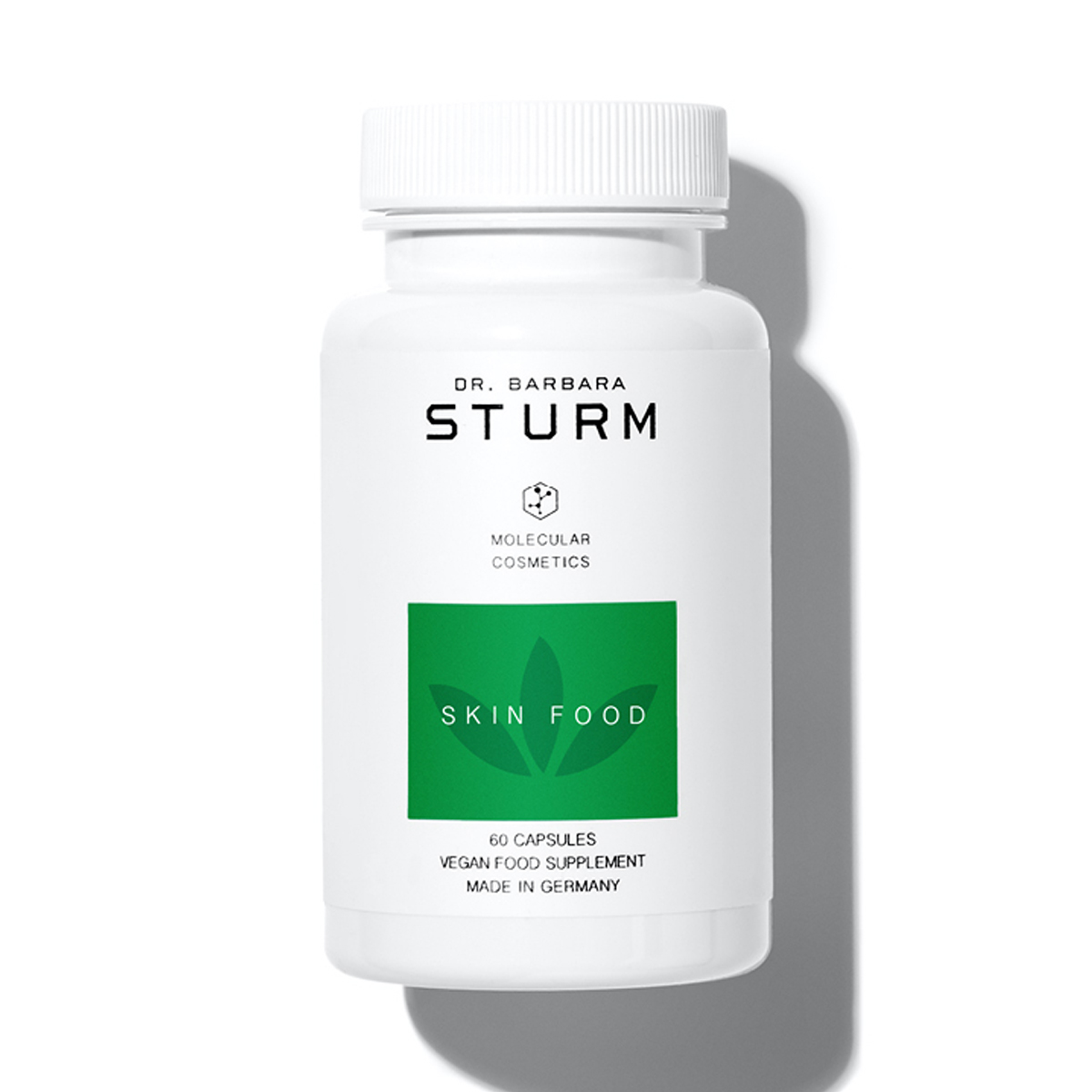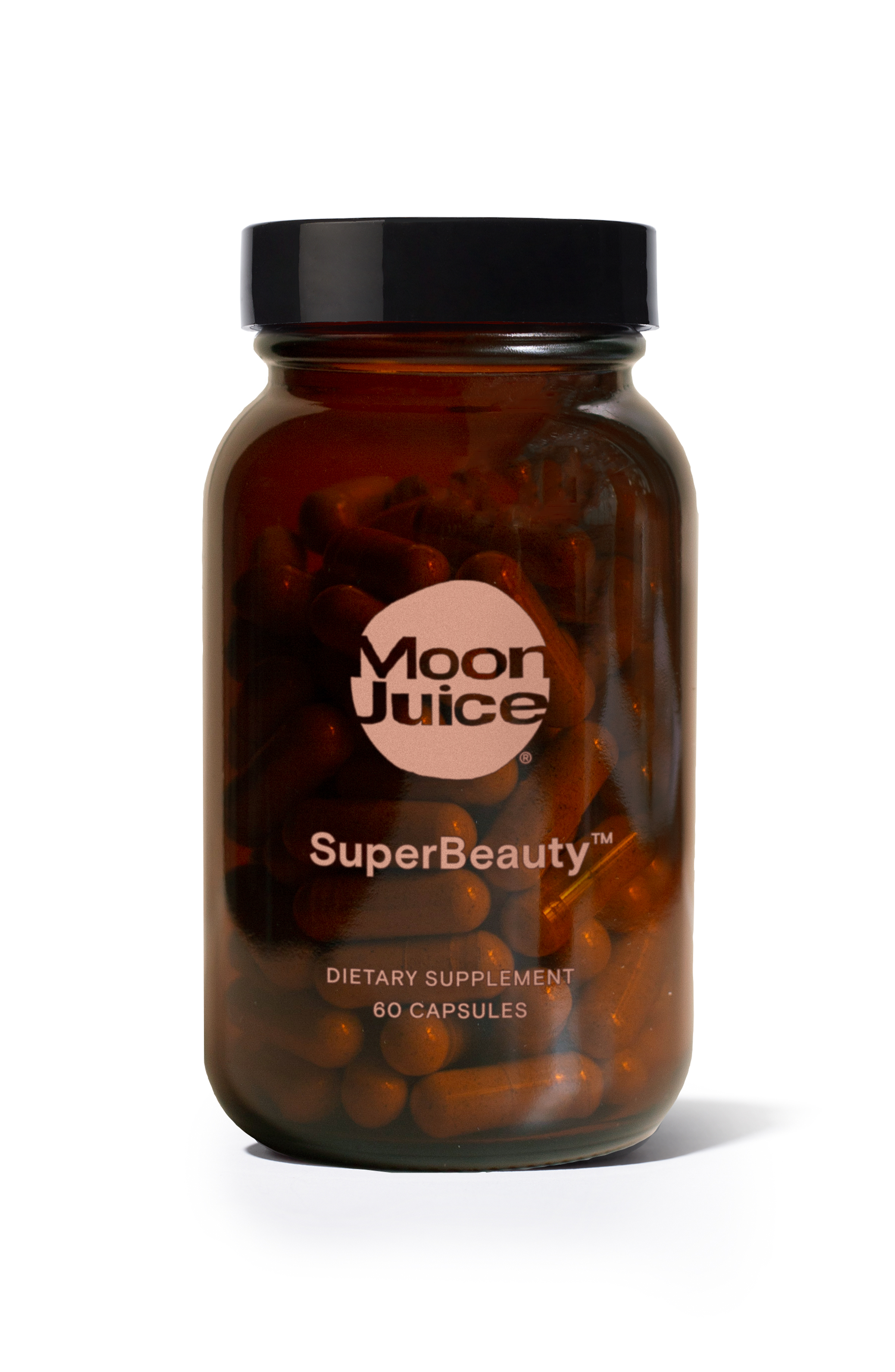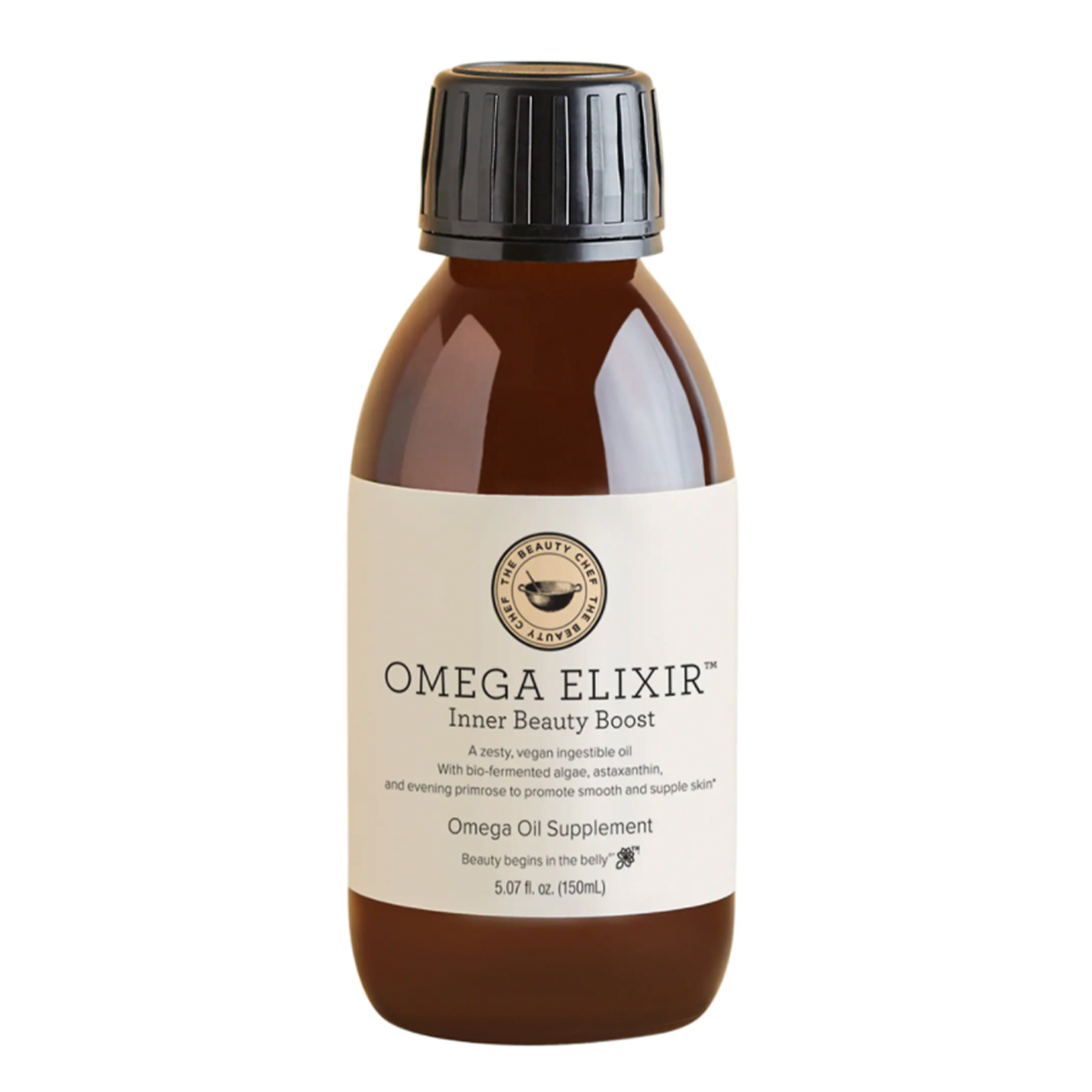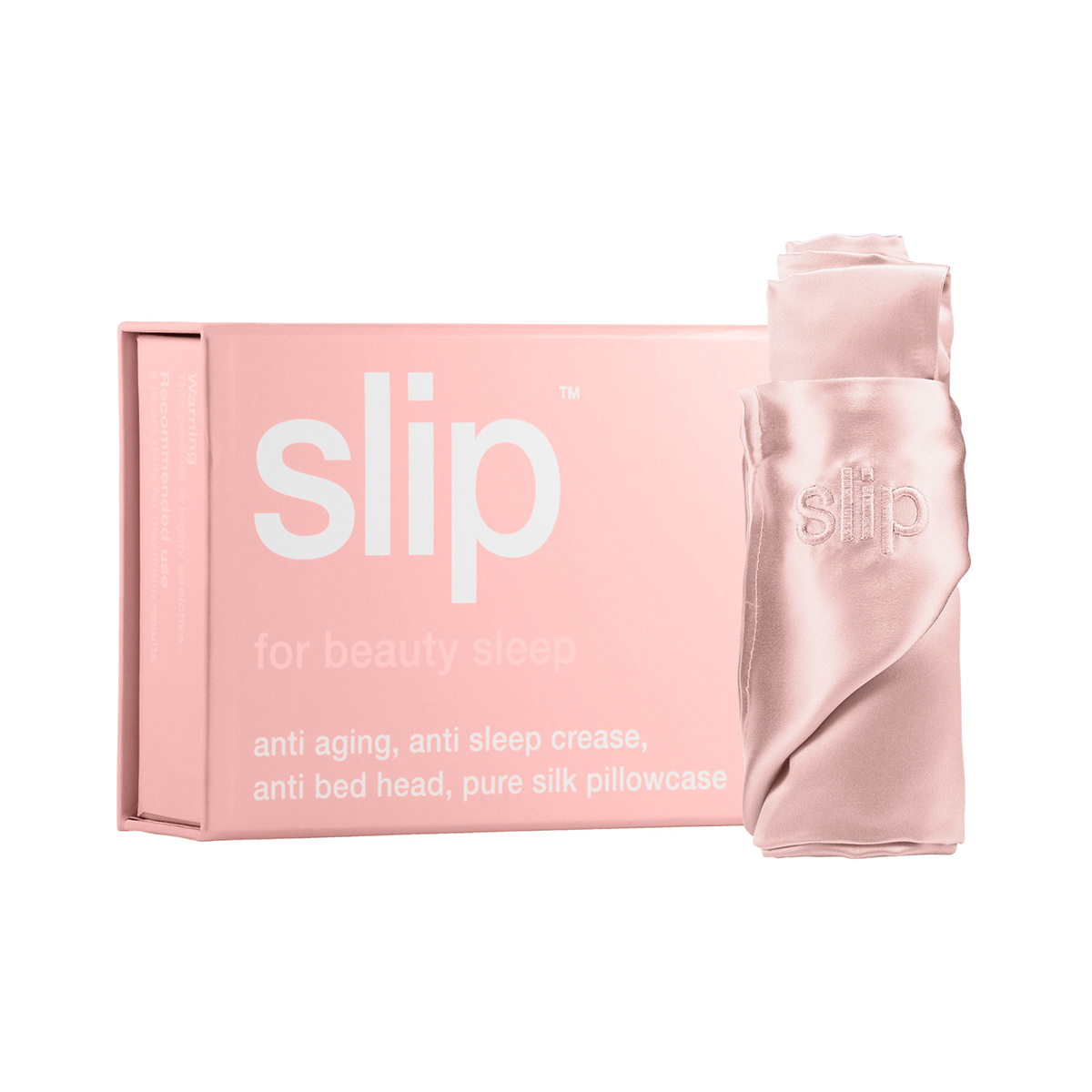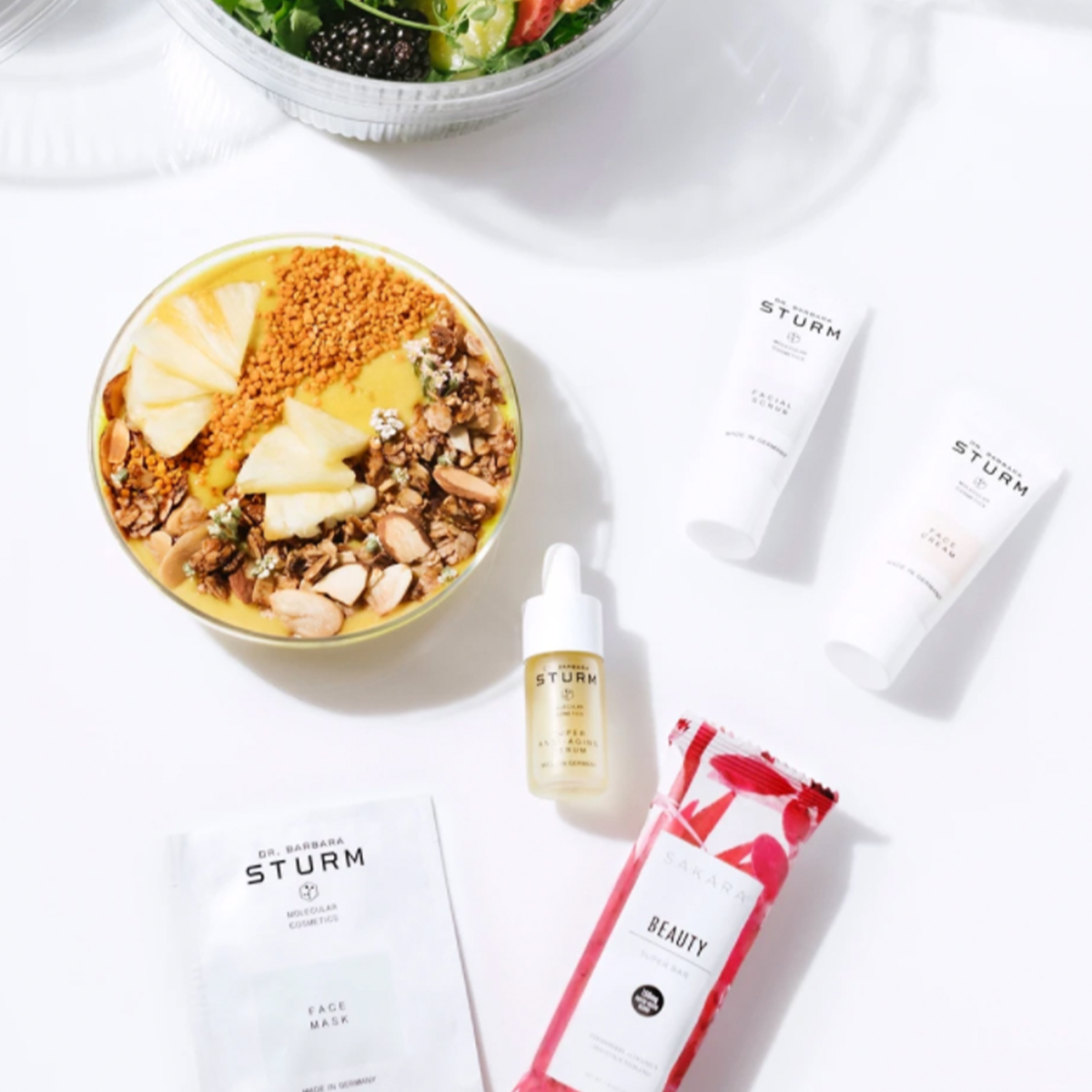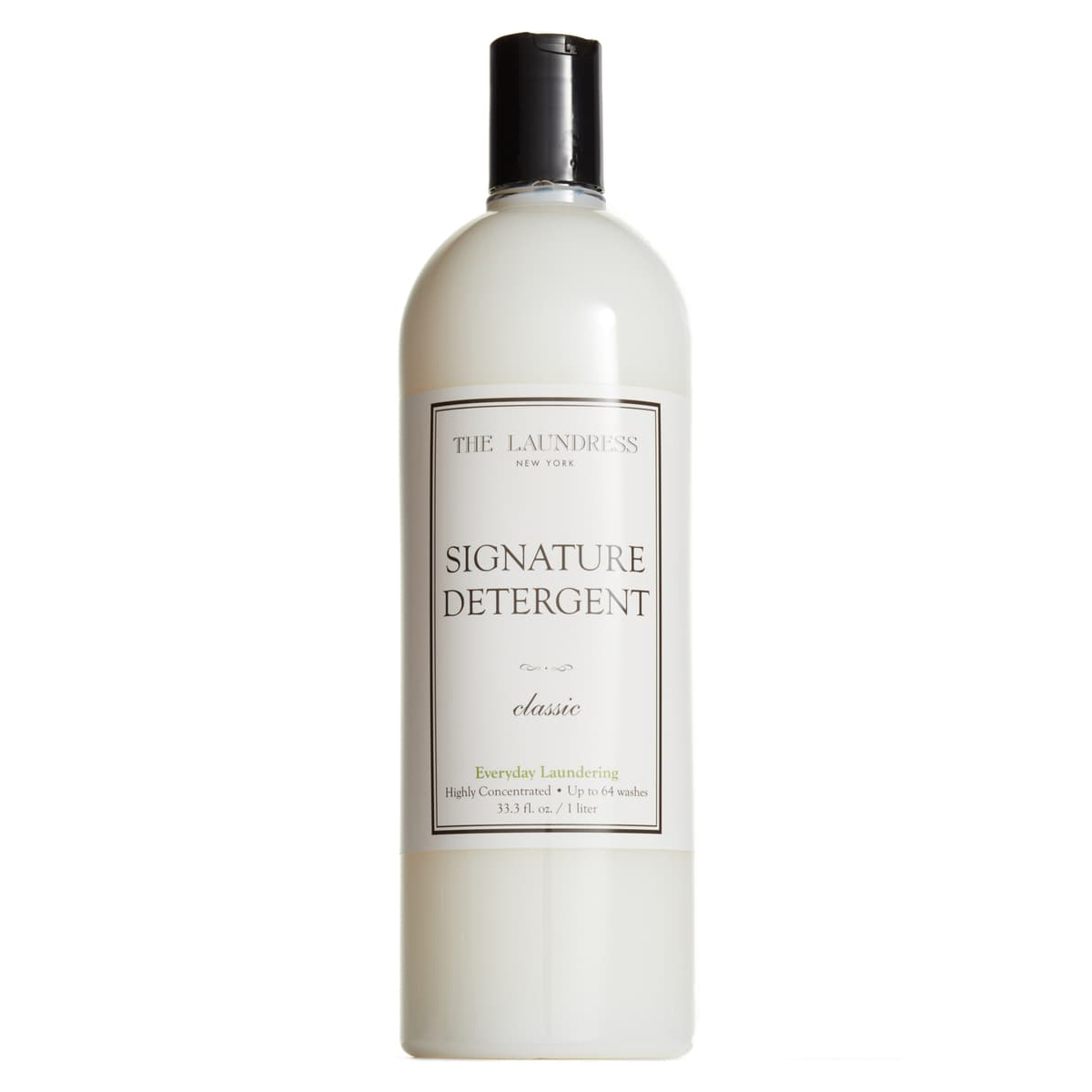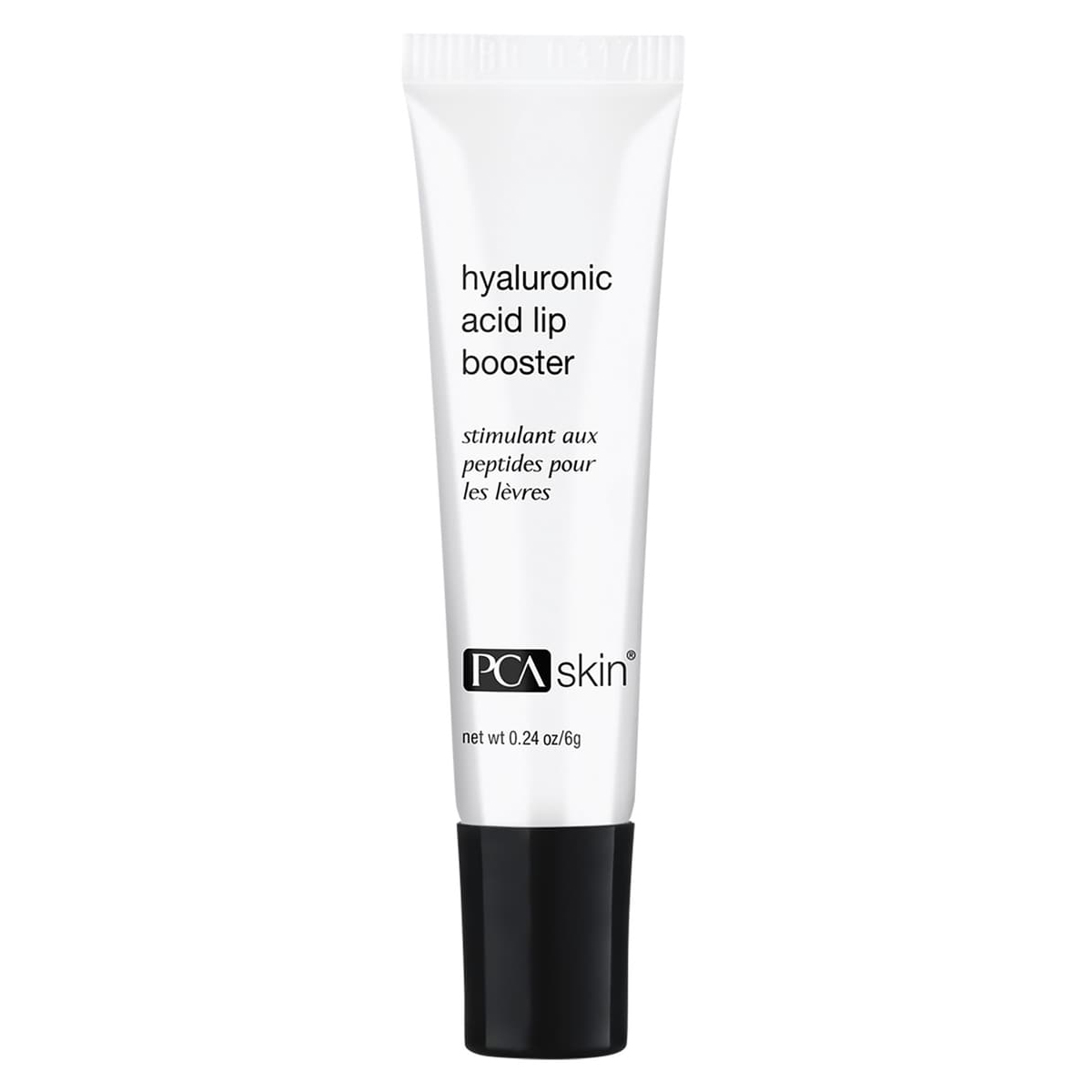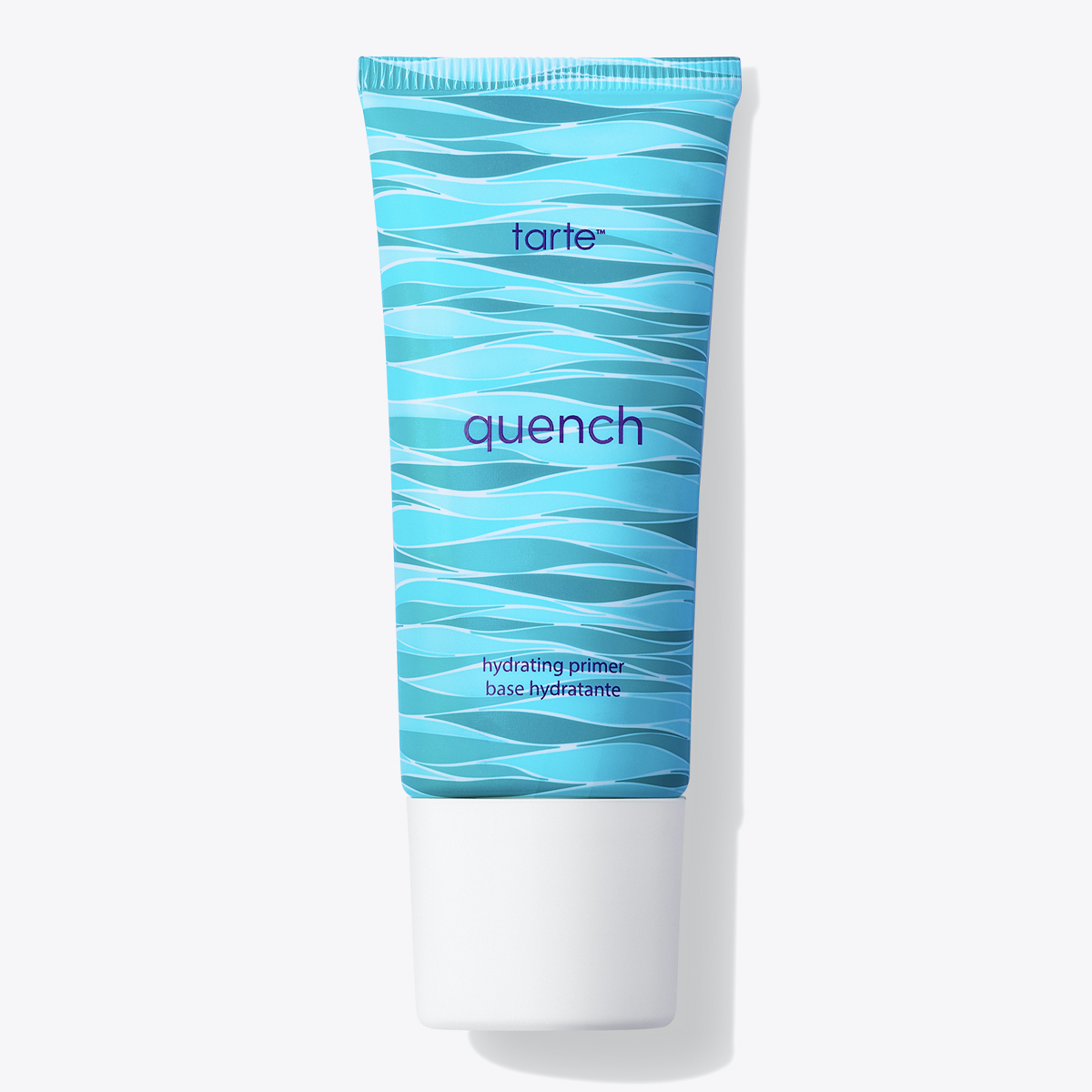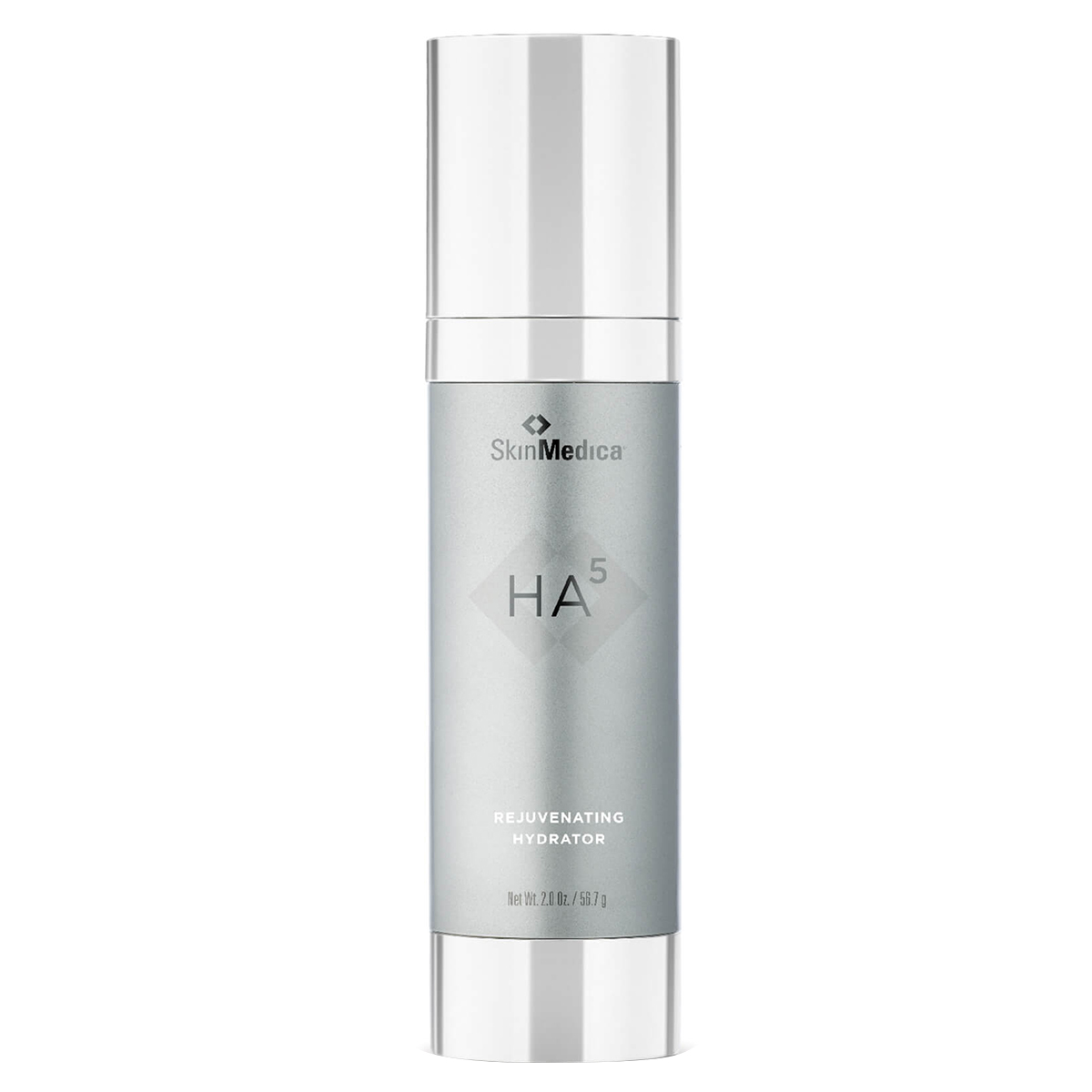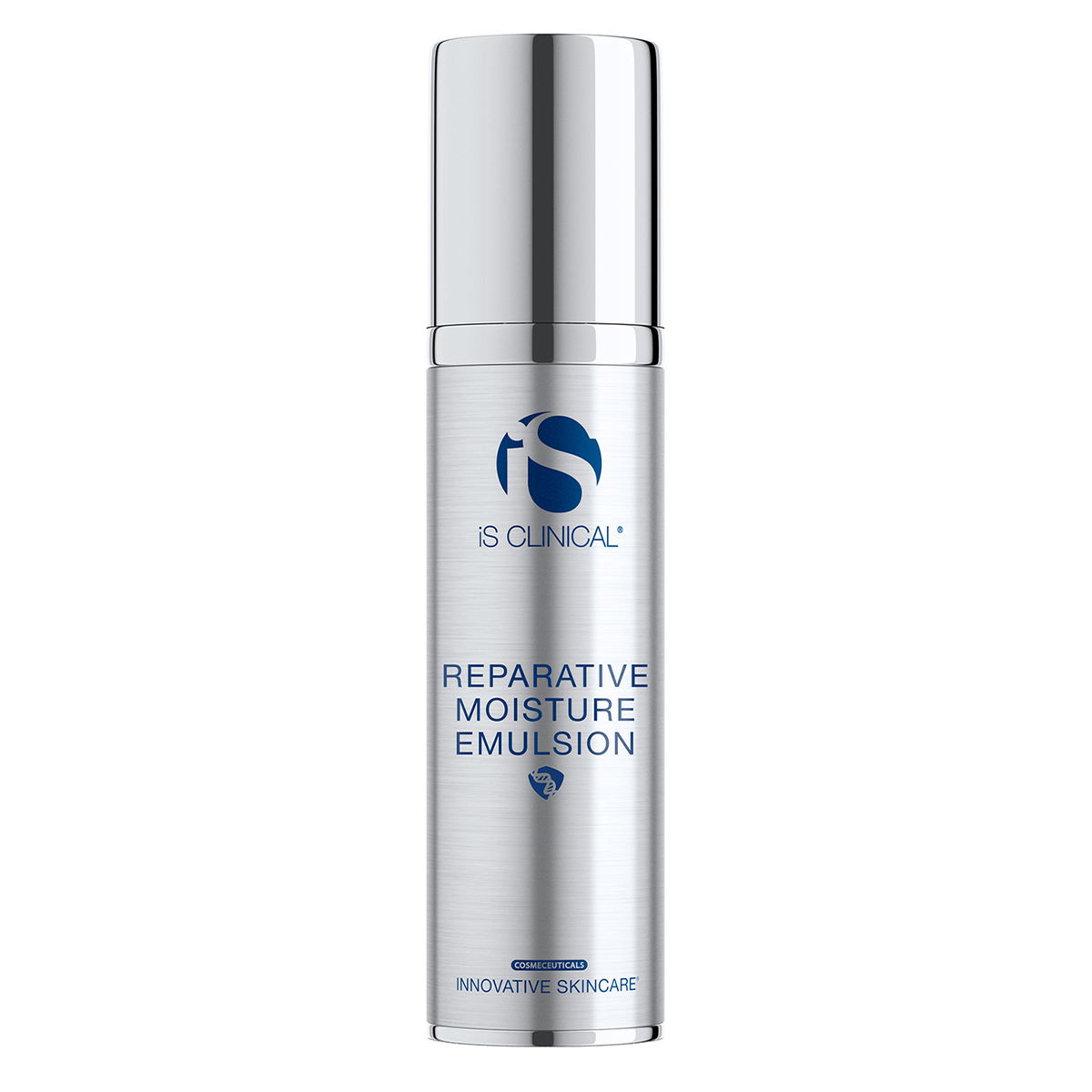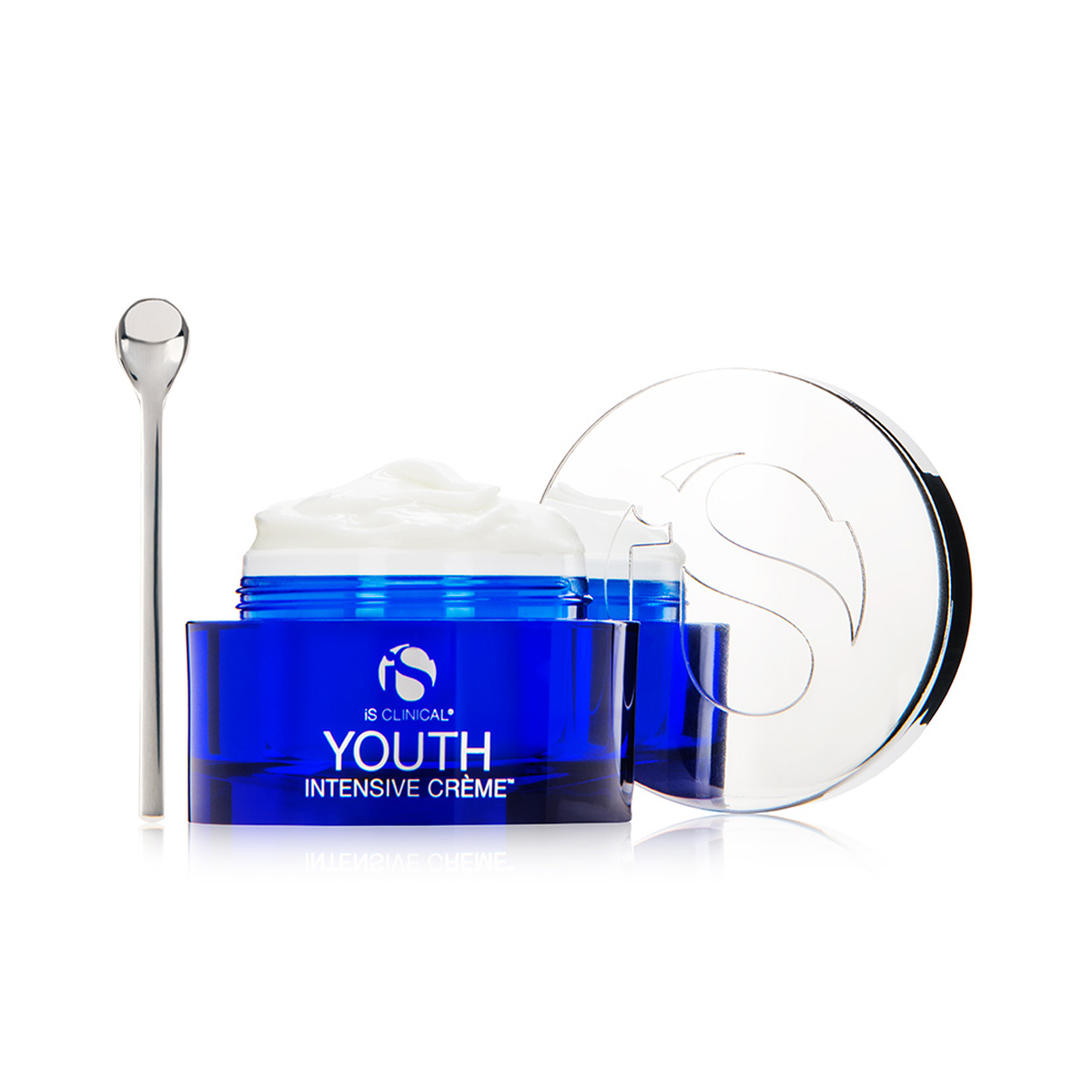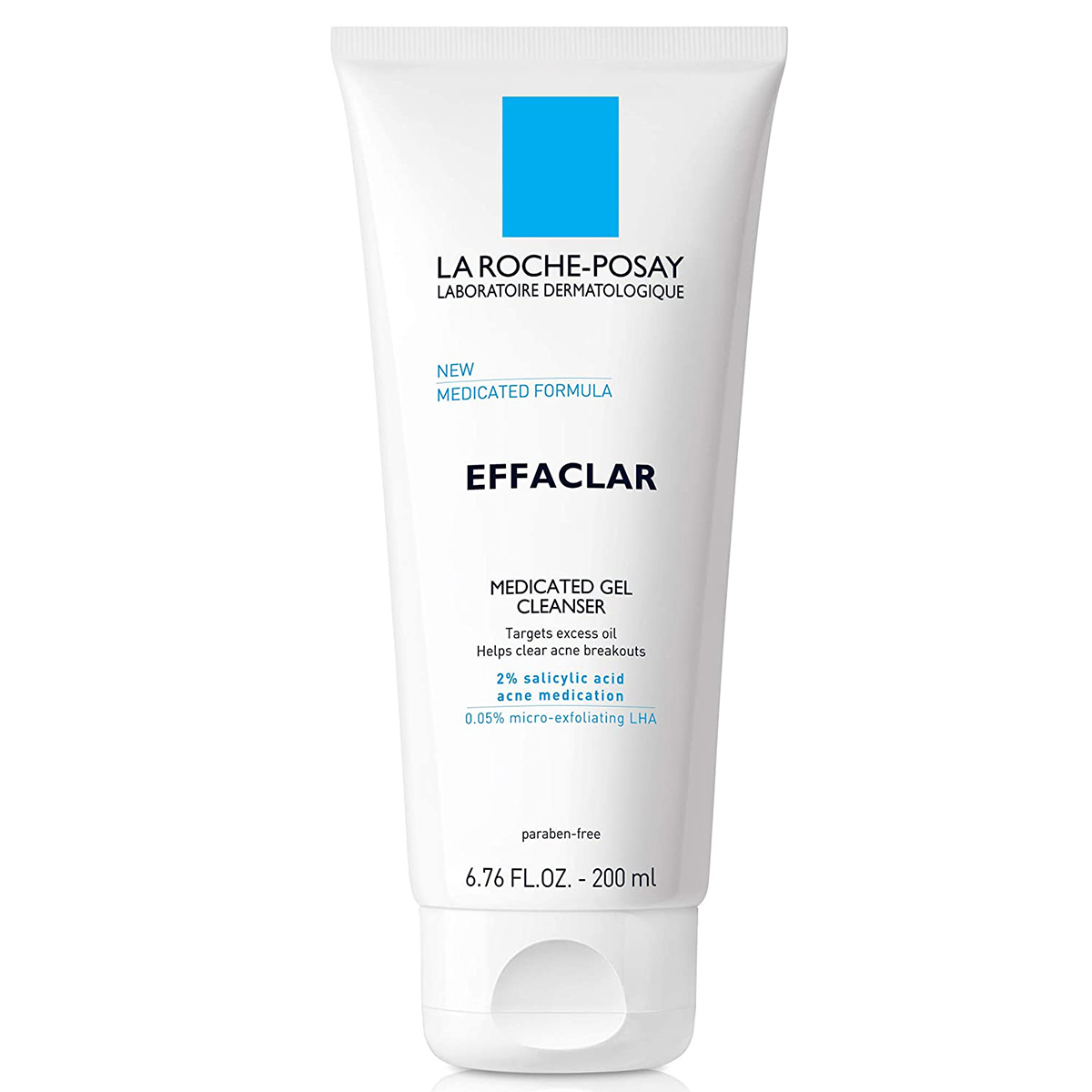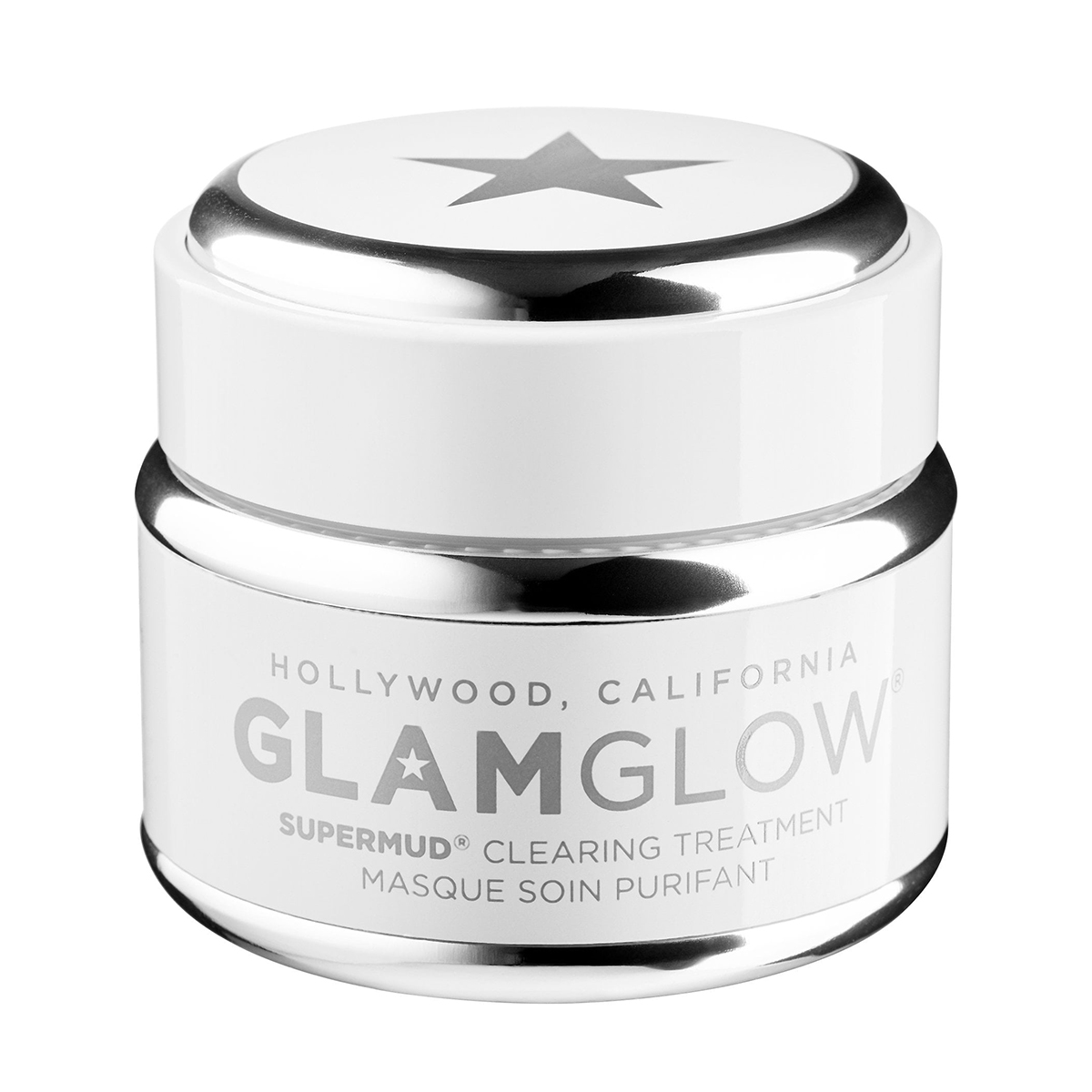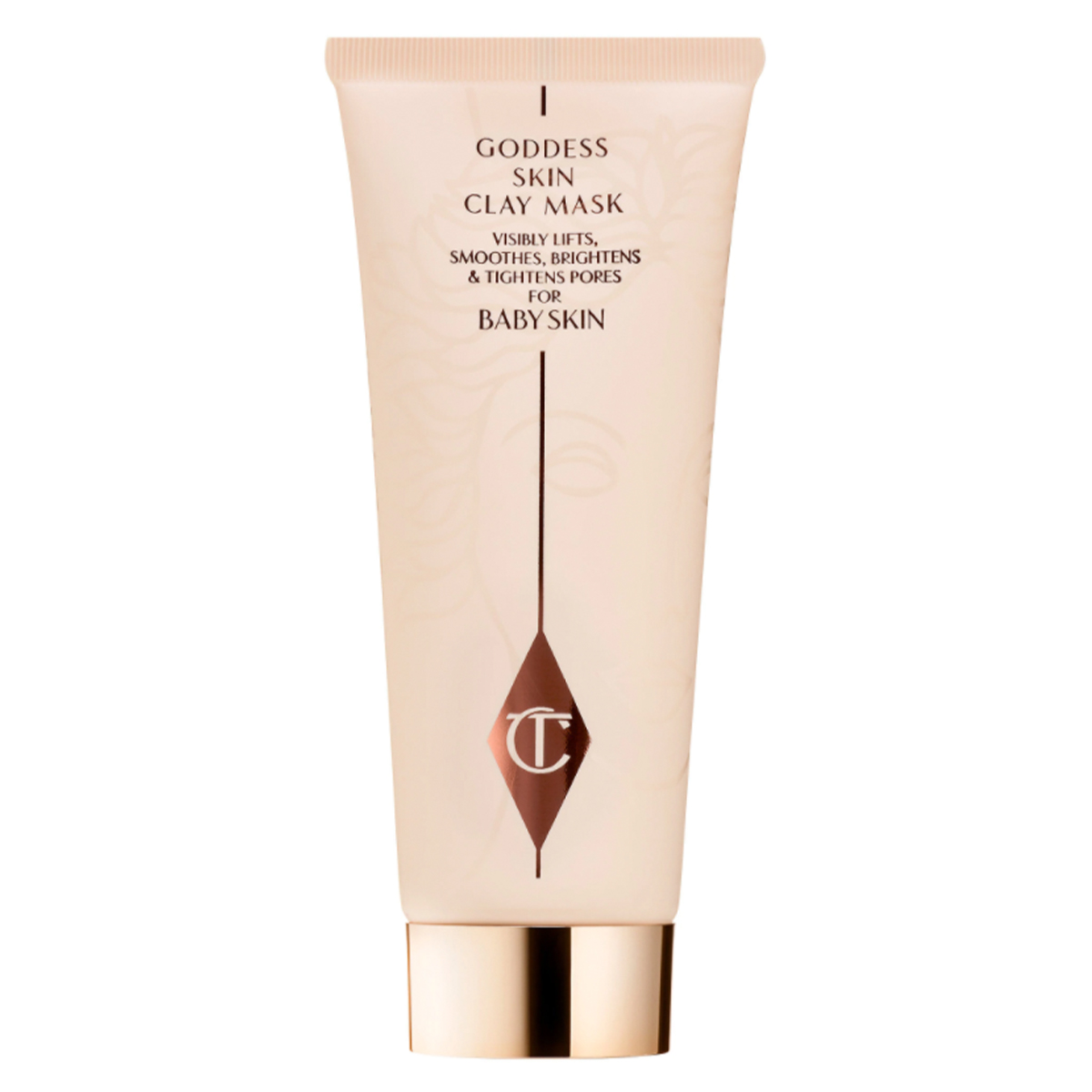I've Been a Beauty Editor for 3 Years—These Are the Best Skin Tips I've Learned

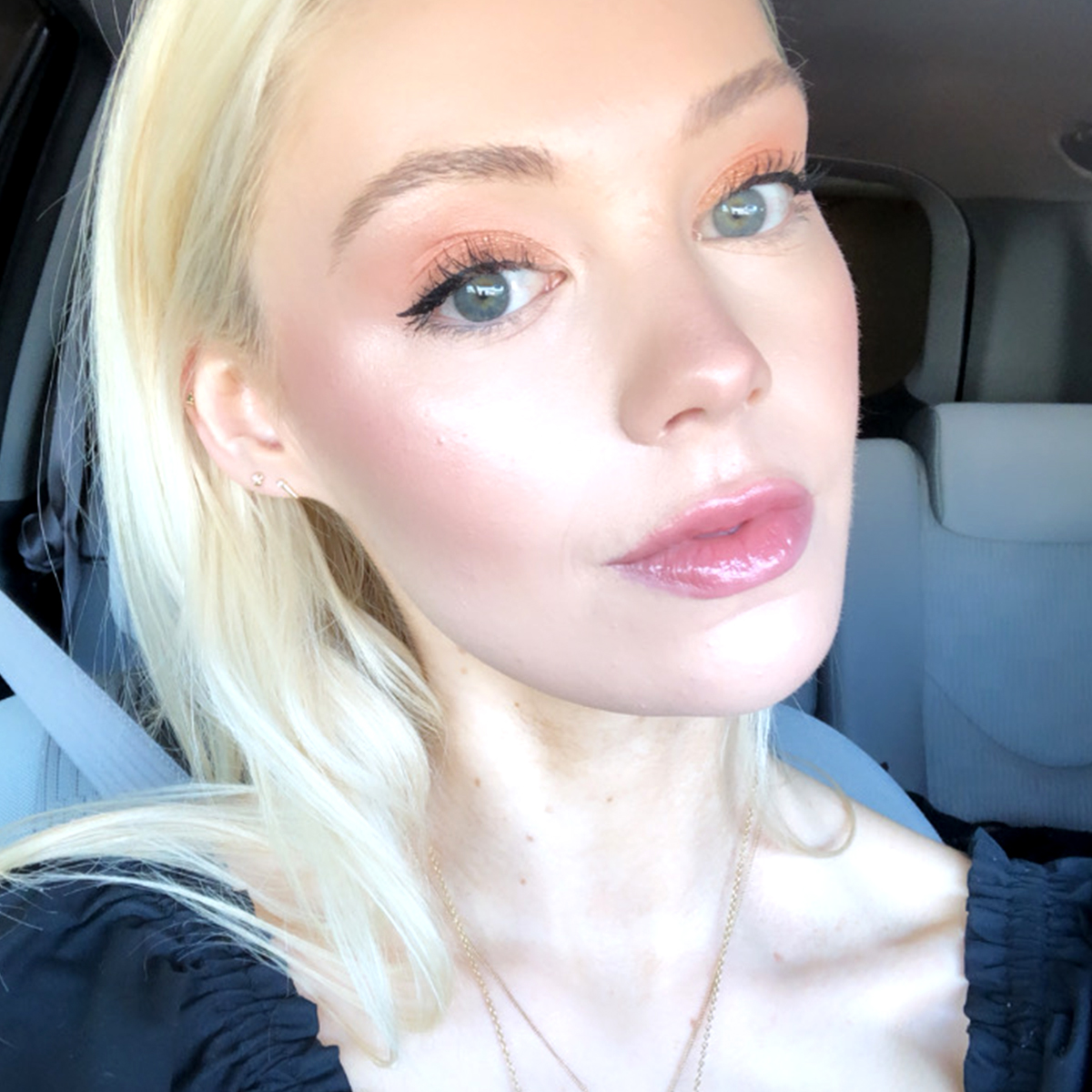
Fact: I never get sick of asking skincare professionals all of my burning questions. (I also never get sick of asking them all of my friends', co-workers', and family's burning questions.) In beauty editor years, I'm still relatively green. I was hired at Byrdie over three years ago as an assistant (and then associate) beauty editor before joining the lovely fashion crew atBest Knockoff Luxury Clothing as a beauty editor. It's a great gig, and I don't take for granted my amazing co-workers nor the connections I make with beauty brands, hairstylists, colorists, makeup artists, tanning and brow artists, and skincare specialists like dermatologists and estheticians.
By no means am I an expert, but I have picked up on some major themes over the years. I've absorbed wisdom and surprising intel, and I have experienced my fair share of beauty fails, many of them having to do with my skin. Behind the glowing skin of our favorite celebrities are tons of amazing professionals wielding all sorts of knowledge, fancy treatments, and product know-how that they (obviously) bestow onto their clients and will also share with me during press appointments, interviews, and events. And since I'm lucky enough to have a few of said experts on my personal speed dial, sometimes they'll help me through a pesky skin sitch at 8 p.m. on a Tuesday night.
Of course, my exact skin concerns and goals aren't your concerns or goals, just like my exact skin type and skin tone surely aren't identical to your skin type or skin tone. As I mentioned above, however, I've cataloged quite a few helpful tidbits over the years I feel in some way or another are applicable (or at least interesting!) to lots of people out there who might not have the same kind of access to top-tier skin experts. Below, I'm sharing eight of the best skincare tips I've learned from amazing skin experts like Renée Rouleau, Shani Darden, Melanie Grant, Nancy Samolitis, Vanessa Lee, and more. Keep scrolling!
1. De-Prioritize DIY Skincare
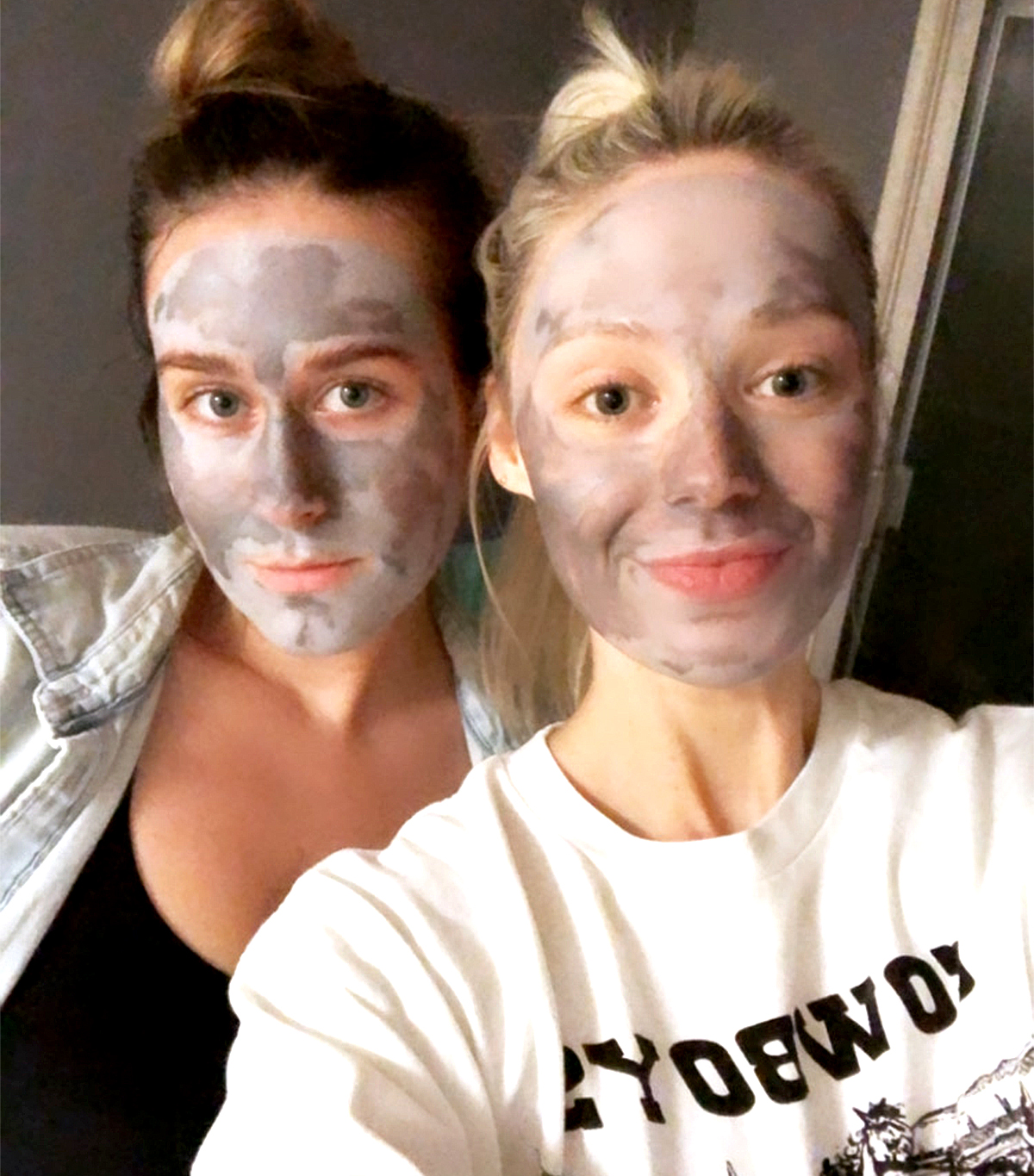
Before becoming a beauty editor, I was all about DIY skincare. I would use my blender to whip up masks of spirulina, rose water, and honey, and I even had homemade toning tonics of lemon, water, and apple cider vinegar sitting inside the doors of my refrigerator. Sure, DIY skincare is fun, can save you money, and probably won't do your skin any harm, but as I've learned from celebrity facialists like Renée Rouleau, the efficacy of these kinds of formulas can't hold a candle to professionally formulated skincare. (In fact, Rouleau has a whole blog post about the topic here!)
With the exception of slathering my face a few times a month with raw manuka honey (which is highly antimicrobial, moisturizing, and a tip I learned from Victoria Beckham's Australian facialist, Melanie Grant), I solely rely on store-bought skincare versus the contents of my cabinets to keep my skin in check. Plus, plenty of masks on the market still let you have a little bit of DIY fun. For instance, the below formulas are rich in natural ingredients and start as powders before transforming into nutrition-packed masks or cleansers with the addition of water.
Clay + Charcoal-Spiked Mask:
Matcha-Infused Cleanser:
The Amazon Cult Classic:
2. Be Diligent About Reading Ingredient Labels
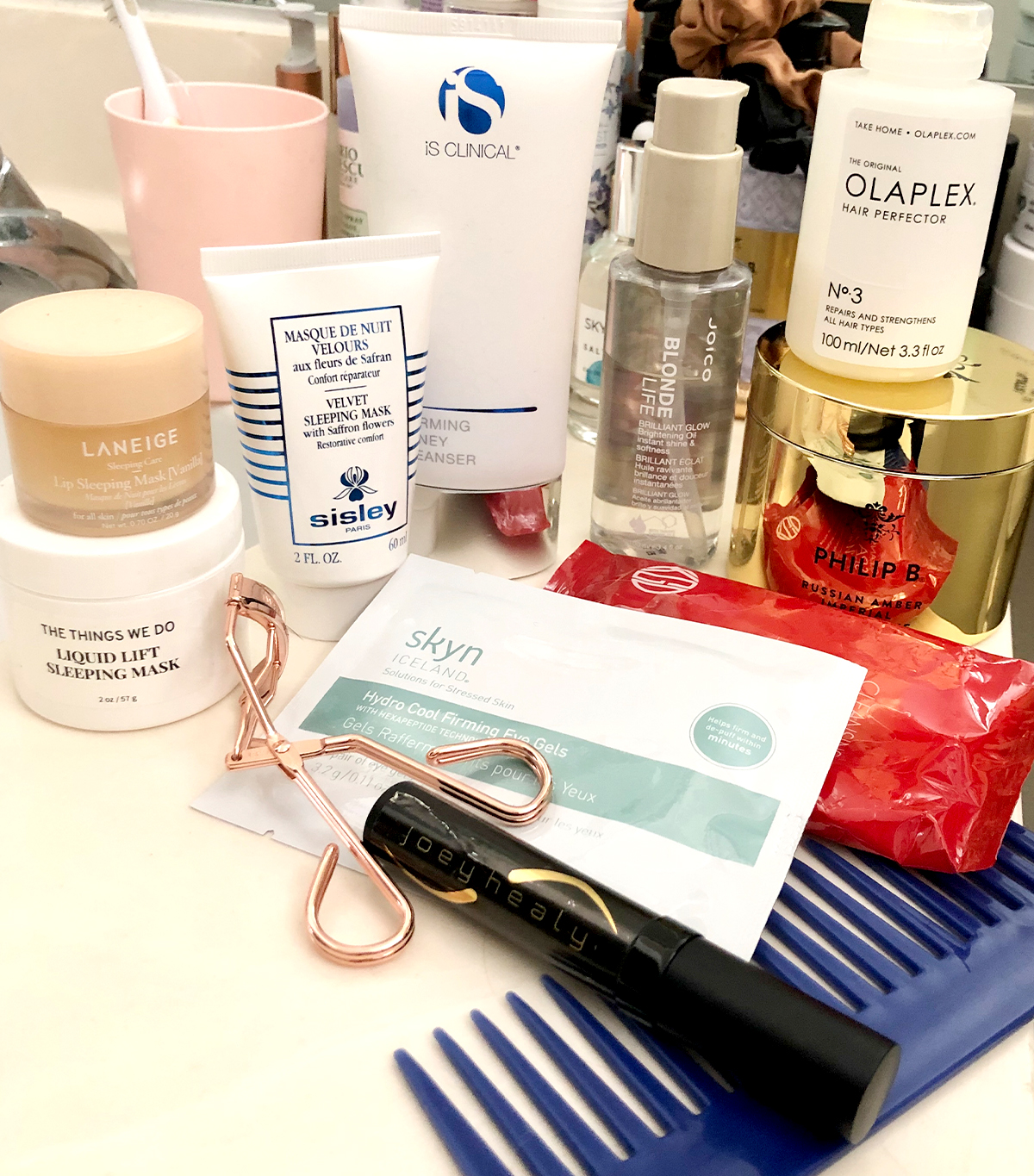
Now, this will be a little bit different for everyone since each of us has different skincare needs, preferences, and sensitivities. That said, as a rule of thumb, it's good to read through every ingredient (yes, every ingredient) within any products you plan to put on your face. This includes cleansers, moisturizers, SPFs, primers, even your foundation. Personally, my skin can't tolerate coconut oil. I pretty much break out at the mere mention of the stuff. Hence my frustration and dismay when I realized it and other common coconut-derived skincare additions like coco-glucoside were residing in my cleanser, lip balm, highlighting stick, favorite pre-makeup face cream… You get the idea.
Just because a product is labeled as clean or natural, or even goes as far as to say it's "suited for all skin types," doesn't necessarily mean it's entirely true. And what works for your friend or co-worker might not work for you. See below for a few of my favorite skincare products that haven't given my skin any issues and are pretty much universally recommended by all the top facialists I've talked to.
The Do-It-All Cleanser:
Skin-Friendly SPF:
Exfoliating Peel Pads:
3. The More Basic Your Skincare Routine Is, the Better (Probably)
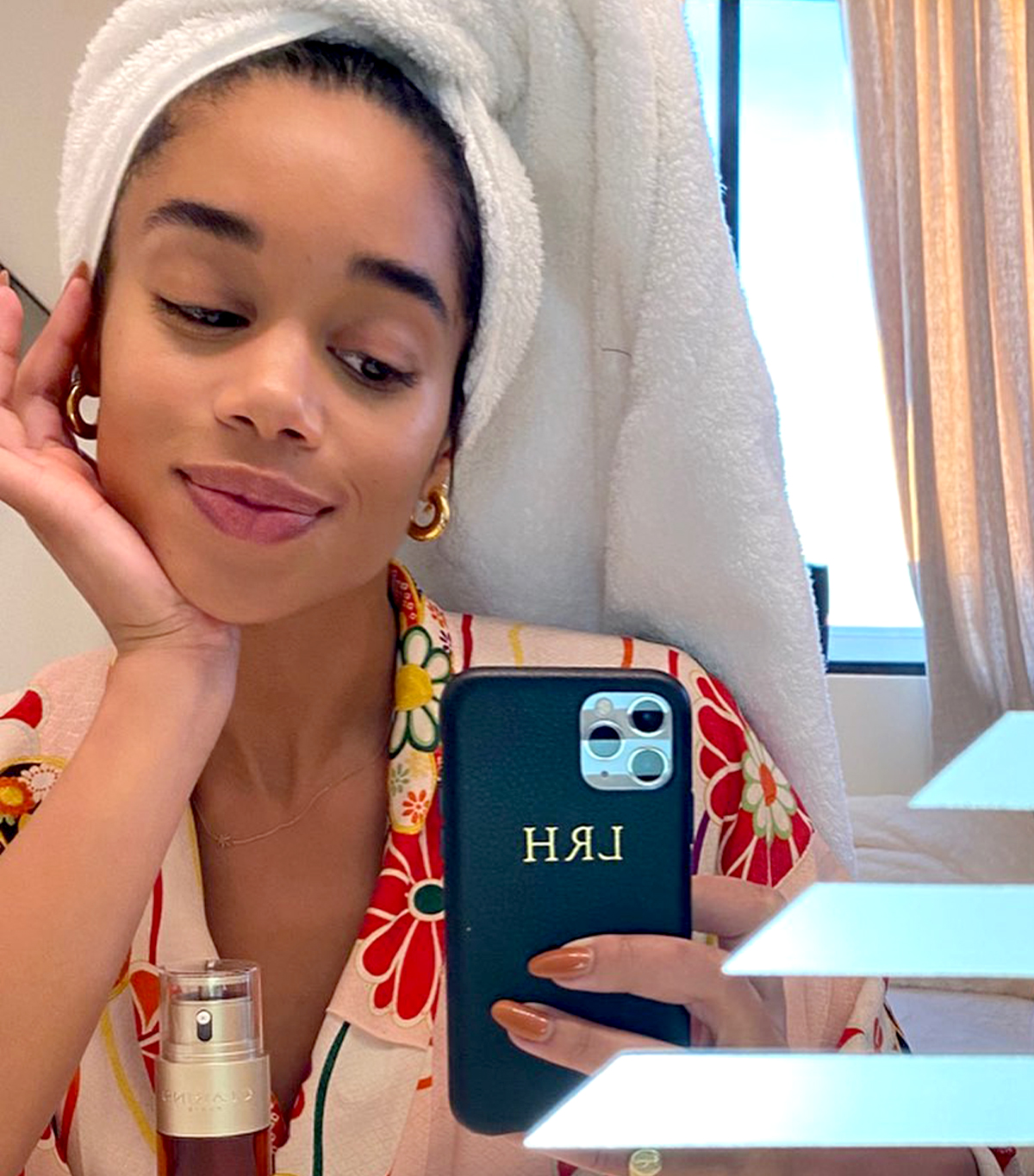
We live in an era in which we're regularly inundated with hundreds of products, bottle-strewn shelfies, and skincare "prescriptions" from our favorite celebs and influencers. (And yes, I fully realize this article itself is thrusting tons of product options your way as well!) That said, one of the most important takeaways I've learned from the best dermatologists and facialists in the industry is that having healthy skin in no way is correlated to the number of tinctures, jars, and bottles sitting atop your vanity. If anything, the more complicated and extensive your routine is, the more you run the risk of irritating or overstimulating your complexion. (It's a delicate organ, after all.) One of my favorite facialists, Melanie Grant, who I mentioned earlier, talks more about this issue here.
Ultimately, it's your skin, and you can do whatever you damn well please and whatever works for you. That said, from personal experience, my skin cleared up virtually overnight when I downgraded the number of products I was using to fewer gentle, hydrating, and super-high-quality skin potions. Below, a few of the basic, face-friendly skin staples I swear by.
The Soothing Hydrating Cleanser:
Mist for Firming Hydration Benefits:
Serum for Hydration Healing Benefits:
4. (Please) Don't Over-Exfoliate Your Skin
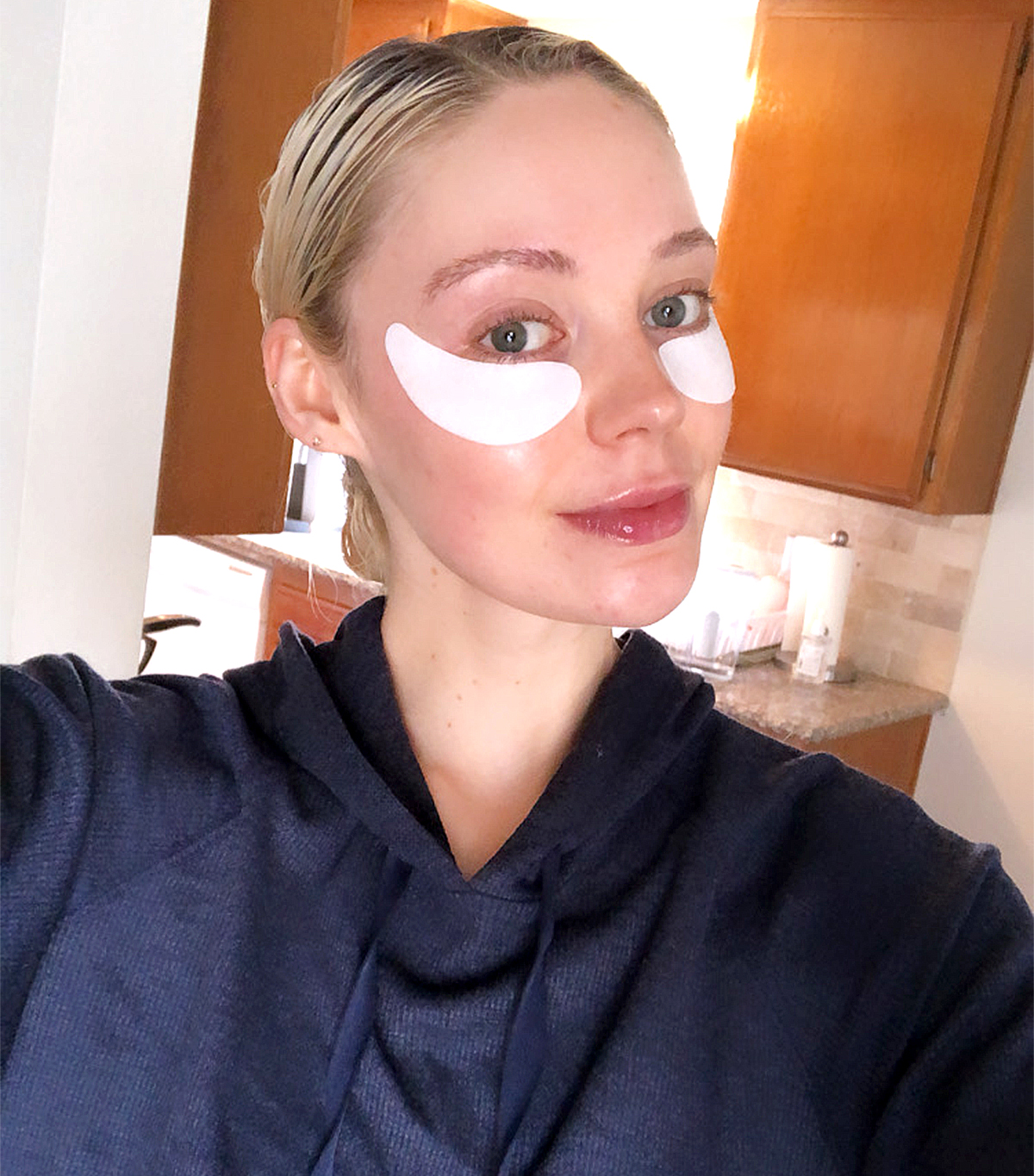
Hello, my name is Erin Jahns, and I'm a former acid abuser. As someone who deals with acne and has congestion-prone skin, I went through a really rough patch for about a year where I was pretty much attacking my skin with weekly, extraction-heavy facials, aggressive scrubs (every single morning), exfoliating peel pads, serums infused with actives and acids, and, perhaps worst of all, minimal moisturizer and face cream. I had an irrational fear of oils and creams, and I was (very incorrectly) convinced waging a war with as many aggressive treatments as possible would transform my acne-prone skin.
Well, I experienced the exact opposite result. My skin retaliated by generating even more oil (it's what it does when it's starved of hydration), redness, irritation, and a never-ending cycle of acne, scarring, and frustration. It was only when I saw multiple amazing experts such as Nancy Samolitis, MD, and Caroline Godsick at Facile Dermatology + Boutique and celebrity facialist Melanie Grant that I realized I was only exacerbating my skin and doing way more harm than good. According to experts like Grant and Godsick, you only need to exfoliate two to three times a week, and your regimen should really only feature one exfoliating formula per night of exfoliation. (For instance, if you plan on using an at-home peel or exfoliating mask, don't cleanse your skin in the same go with a face wash that has AHAs and BHAs.) Since adopting this new, way less intense exfoliating regimen, my skin has improved immensely. Two to three nights a week, I choose from any of the below formulas to safely slough away buildup, congestion, and dead skin cells.
Glow-Inducing Peel Pads:
Acid-Infused Cleanser:
Exfoliating Serum With Actives:
Smoothing Berry Peel:
5. Tread Carefully With Supplements
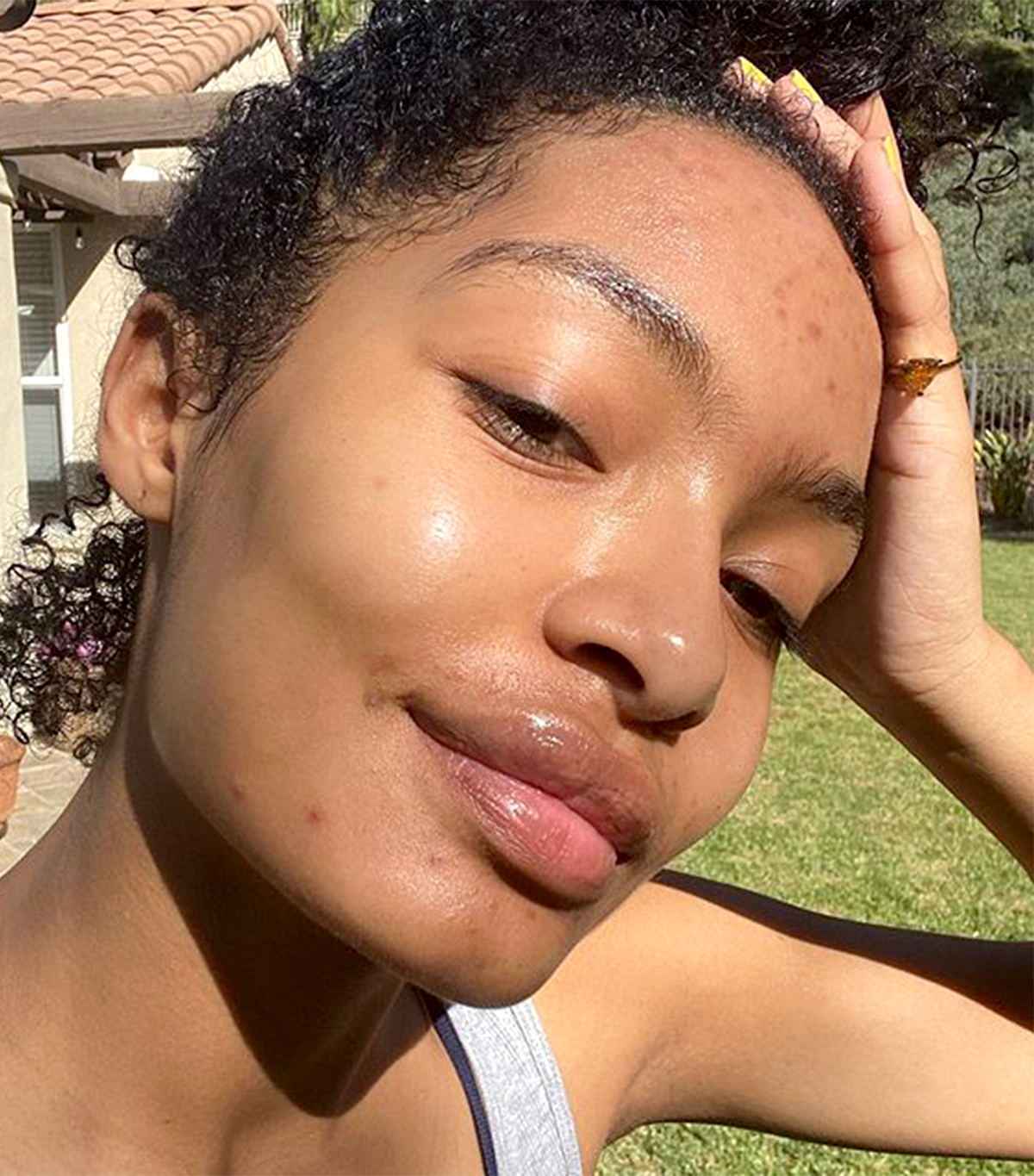
First things first: It's always good to talk to your doctor or a board-certified dermatologist about any supplements you plan on taking. Though we live in a very wellness- and supplement-centric culture, knocking back capsules like they're candy (without being sure as to sourcing, interactions, etc.) can have serious health implications.
Certain supplements, vitamins, and minerals can do great (or not-so-great) things for your skin. To reiterate, regulation within the beauty-and-supplement industry is slim to none, and a formula or ingredient that's touted to improve your hair, skin, or nails quite honestly doesn't really mean anything. Again, it's best to talk to a trusted health professional and do lots of your own research. For instance, it wasn't until last year that I realized my beloved hair, skin, and nail gummies (which brim with biotin) were making me break out. Turns out biotin, which is often prescribed as one of the "best" supplements for skin, might make your skin freak out—especially if you're not deficient.
"Both biotin (vitamin B7) and pantothenic acid (vitamin B5) are absorbed from our gastrointestinal system via the same receptors,” Yoram Harth, a board-certified dermatologist and the medical director of MDAcne, told Bustle. "Thus, when taking an overload of biotin, the amount of vitamin B5 that is absorbed decreases.” In short, vitamin B5 is considered to strengthen our skin and help combat acne, so a shortage can cause us to become more prone to breakouts.
Now, I rely on well-rounded supplements like Wholesale Replica Bag launches from Moon Juice and The Beauty Chef (plus Dr. Barbara Sturm's game-changing Skin Food) which are full of antioxidants, skin-loving fatty acids, and other more benign ingredients that provide a boost of nutrition.
Skin Food:
Antioxidant Booster:
Essential Fatty Acids Elixir:
6. Breaking Out? Think Outside Your Face
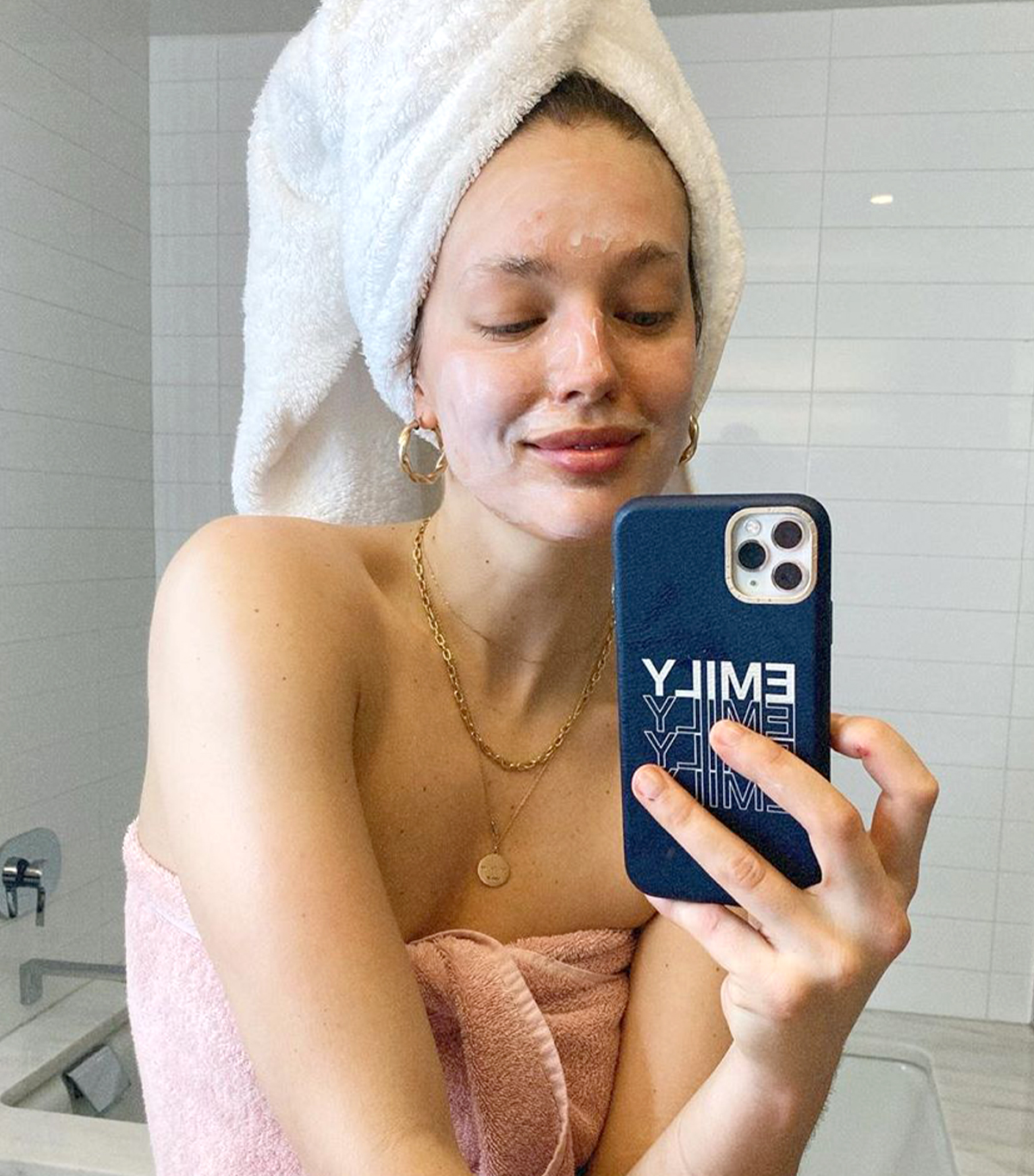
If only our skin were as on point as our skincare routine, right? It's always a sad day when a dermatologist or facialist reminds me there is no actual cure for acne, and our hormones, lifestyle, genetics, and countless other day-to-day (and hard-to-pinpoint) practices can cause or worsen breakouts. My pimple issues are largely hormonal, so for the most part, I've had to throw my hands in the air and find peace with having minimal control. That said, a few things that have had nothing to do with skincare or my hormones have definitely impacted my skin.
Drinking more water, avoiding dairy, and eating lots of clean, plant-based meals have been game changers, as have switching to natural laundry detergent, sleeping on silk pillowcases (and switching them often), making sure my lip balm doesn't contain coconut oil, and last but not least, avoiding haircare products with lots of heavy oils (watch that shampoo and conditioner drippage).
Silk Pillowcase:
Plant-Based Meal Program:
Clean Detergent:
The Best Lip Balm:
7. Don't Skimp on Hydration
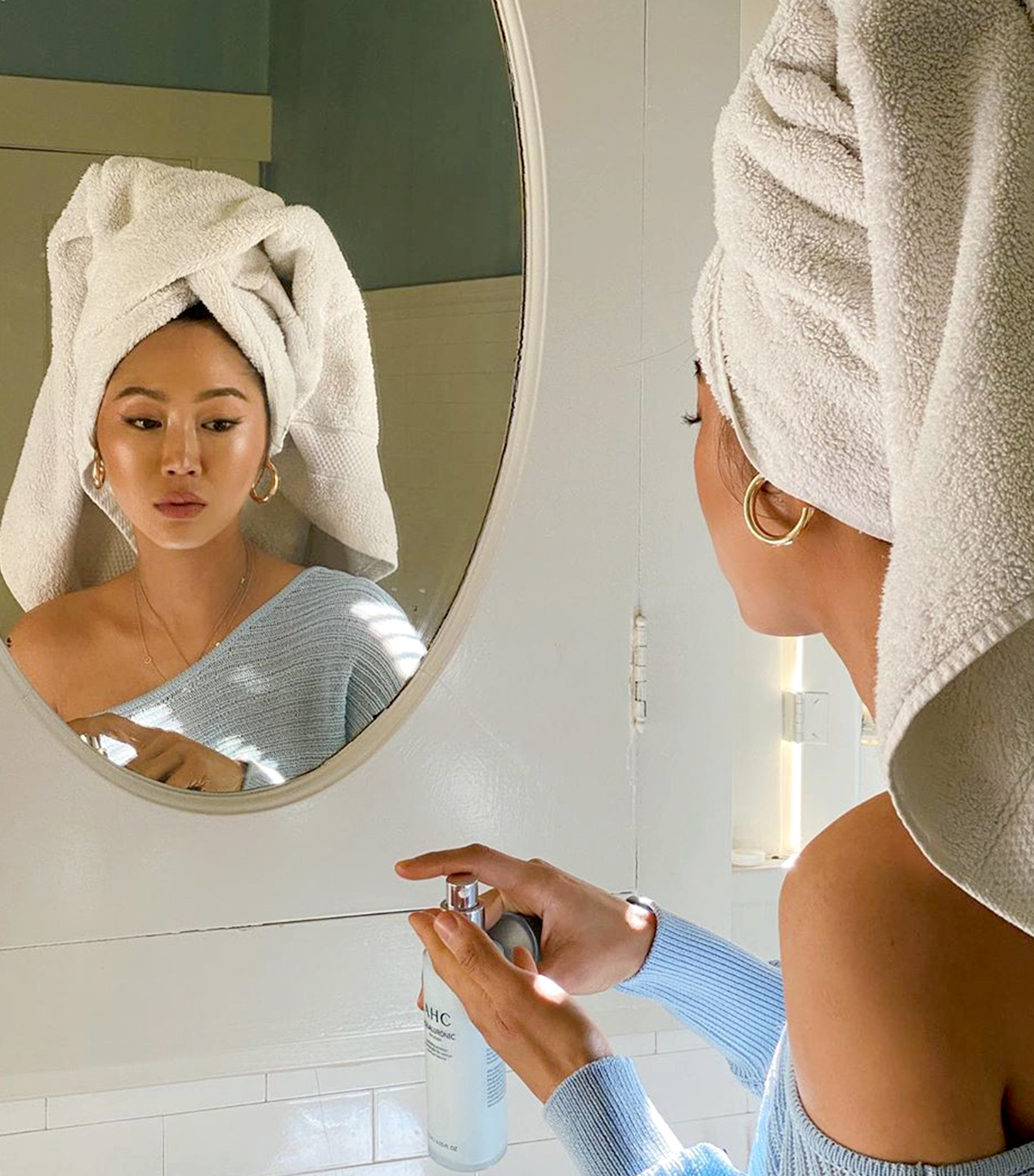
Please, never make the same mistake that I did by starving your skin of hydration. Even if you're battling acne and oil, depriving your skin of moisture will only cause your skin to generate more oil, thus exacerbating the situation. (Rouleau makes lots of great points in her blog post here.)
As soon as I started giving my complexion the hydration it was desperately in need of via soothing, hyaluronic acid infused serums and noncomedogenic moisturizers and face lotions, its propensity for sprouting pimples did a complete 180. Now, I make sure to use a moisturizing serum and face cream twice a day every day. Pretty much every skin expert I've ever talked to recommends basically everyone should do the same. I also like to take it even further by throwing a hydrating primer into this mix. My favorite one from Tarte, shown below, keeps the skin quenched without causing midday greasies, and the below formula from IS Clinical was co-developed by makeup artists and does double duty as a primer and a face cream.
Hydrating Primer:
Hyaluronic Acid Serum:
Radiance-Enhancing Primer Moisturizer:
Anti-Aging Face Cream:
8. Extraction Is Important, But Extraction Is Not Everything
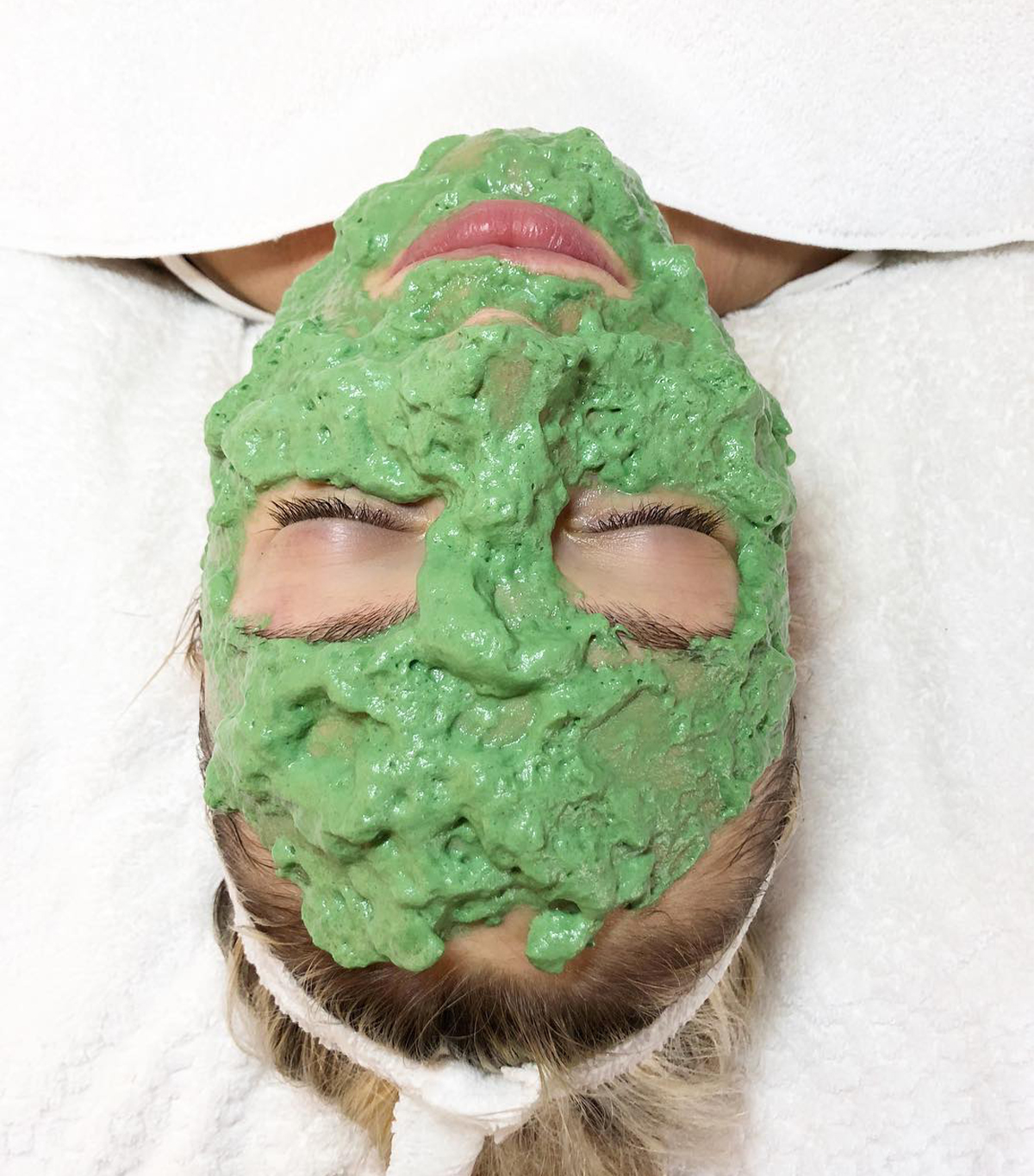
First and foremost, unless absolutely necessary (like, for instance, there's a worldwide pandemic, and you're cut off from a derm's office), please don't extract at home. It can increase your chances of infection, spreading bacteria, and scarring. However, if you do try an at-home extraction, take precautions and follow our facialist-led guide here.
Every single skincare professional I've seen and interviewed since becoming a beauty editor has waxed poetic on the importance of regular facials and consistency with necessary extractions, even if congestion isn't necessarily your top skin concern. That said, there's a fine line with extractions, and too many too often can be really, really hard on your skin, especially if you're not allowing your skin ample time to heal After going through a period where I was getting—I kid you not—roughly 50 extractions every couple weeks, my skin was wrecked. I had scarring, so much redness, broken blood vessels… It was not a good situation. I had been told that that kind of boot camp was what my skin needed in order to clear and heal.
So you can imagine my surprise when I saw a slew of new experts who told me they weren't going to extract (or only do a handful) in favor of light, gentle peels and hydration-focused treatments.
Melanie Grant once told me that our skin is smart. It knows how to heal and recover and purge, and while extractions can be helpful, leaving our skin alone—or equipping ourselves with strategic products geared toward our skin type—is sometimes the best antidote when it comes to inflammation.
"I recommend incorporating a salicylic acid based cleanser or serum to deep-clean the pores and reduce inflammation," explains Grant. "Formulas with BHAs are best as they penetrate deep into the pore, cutting through oil and liquifying the sebum. Avoid heavy, occlusive creams and oils, and add a clay- or charcoal-based masque two or three times per week to draw out impurities and mop up excess oil."
Salicylic Acid Cleanser:
Charcoal Mask:
Clay Mask:
A Parting Note…
I recommend always seeking counsel from an expert and taking anything you read (including this!) with a grain of salt. I live, sleep, eat, and breathe beauty and have had the opportunity to consult some of the best skincare professionals in the business, but that doesn't make me an expert by default. (Although, I'm happy to pass along every iota of intel I absorb.)
Additionally, certain skin concerns, conditions, and diseases require more attention than products or at-home care alone can deliver. There's a lot of great advice out there, but you (and a medical professional) will know how to address your skin best.
Up next: Skin Experts Say These Face Washes Will Help Purge Your Face of Blackheads

Erin has been writing a mix of beauty and wellness content forBest Knockoff Luxury Clothing for over five years. Prior to that, she spent two and half years writing for Byrdie. She now calls Santa Monica home but grew up in Minnetonka, Minnesota, and studied writing, rhetoric, and communication at University of Wisconsin, La Crosse. She studied abroad in Galway, Ireland, and spent a summer in L.A. interning with the Byrdie andBest Knockoff Luxury Clothing family. After graduating from UW, she spent one year in San Francisco, where she worked as a writer for Pottery Barn Kids and PBteen before moving down to L.A. to begin her career as a beauty editor.
